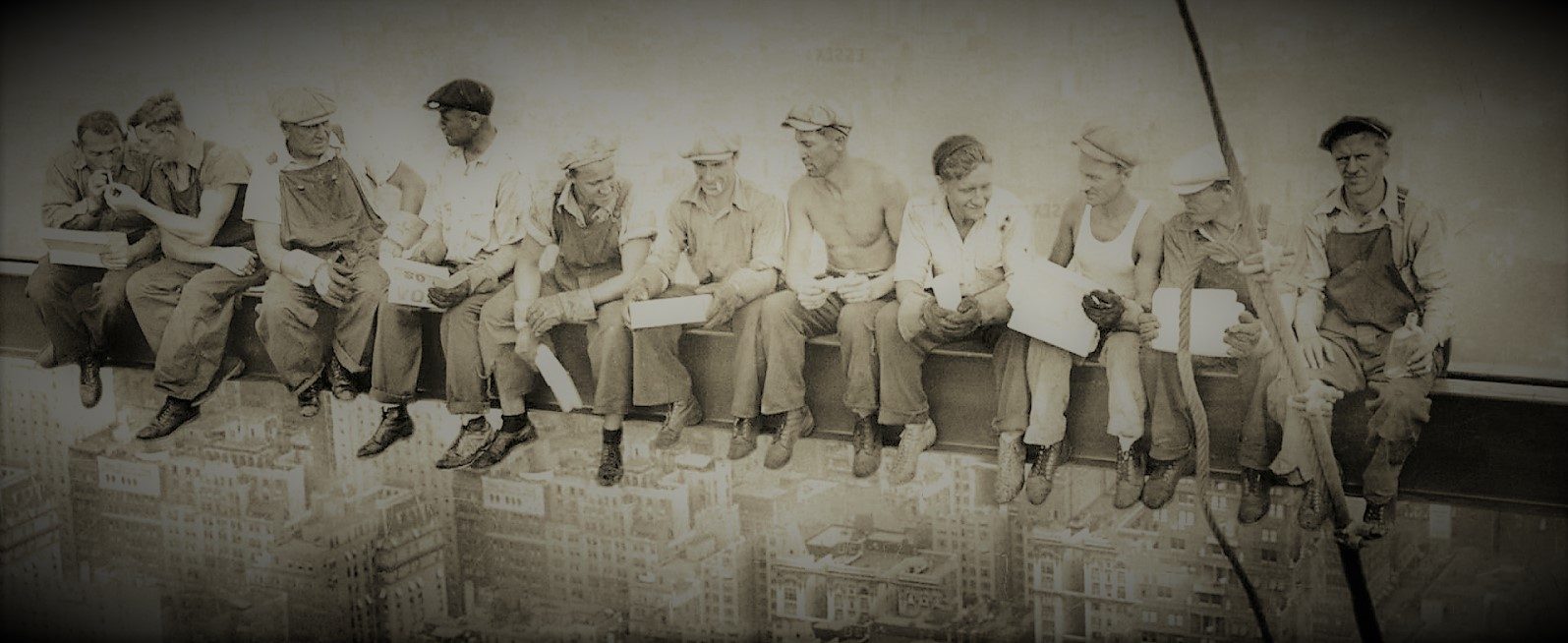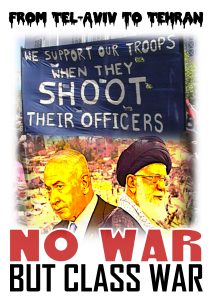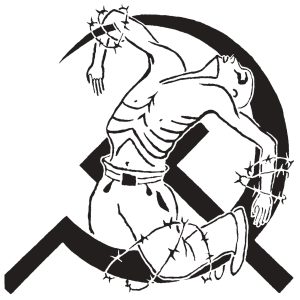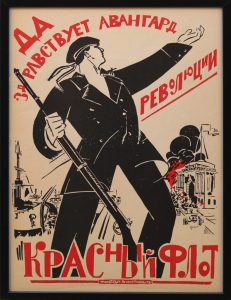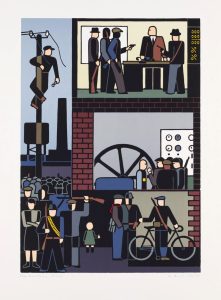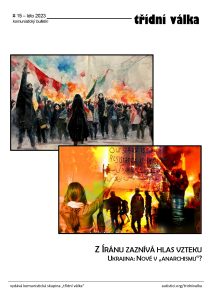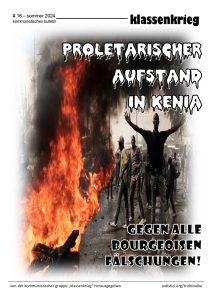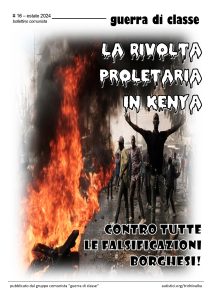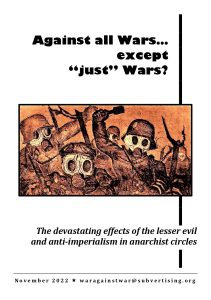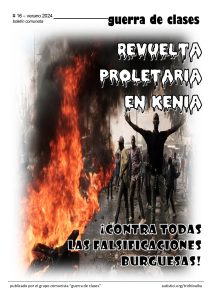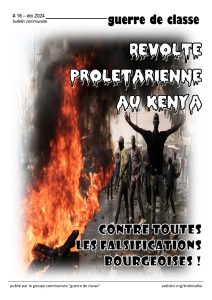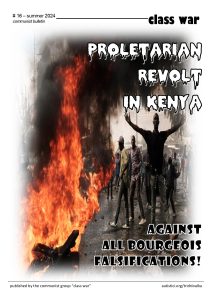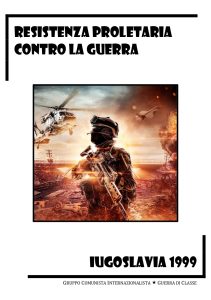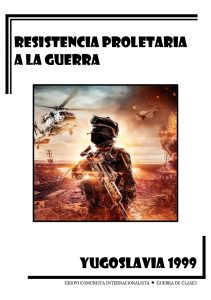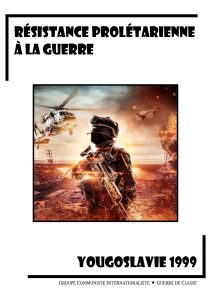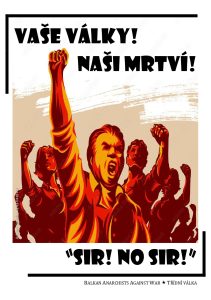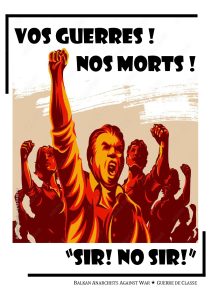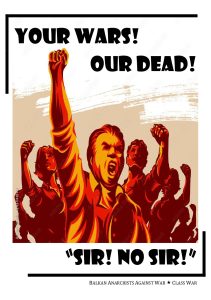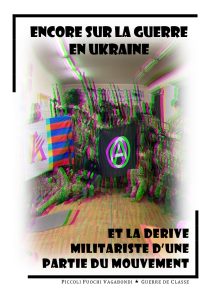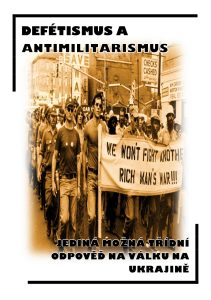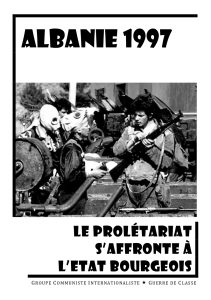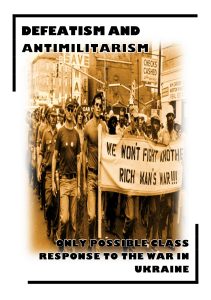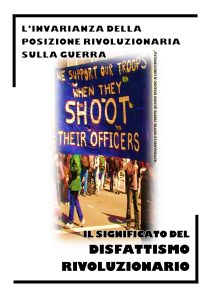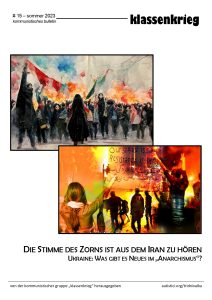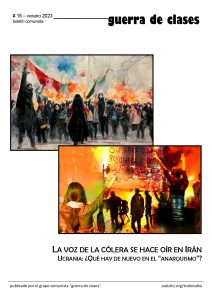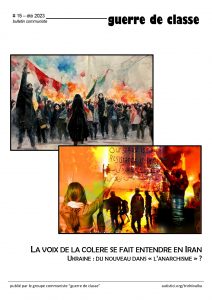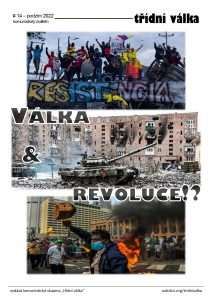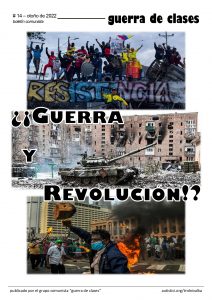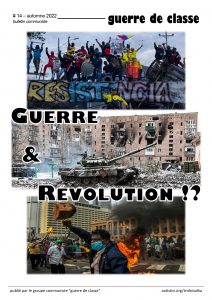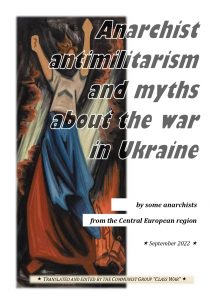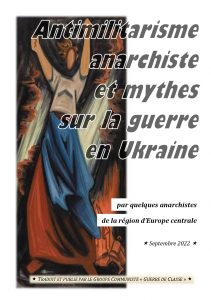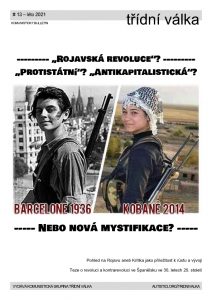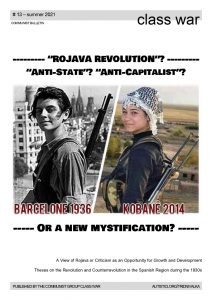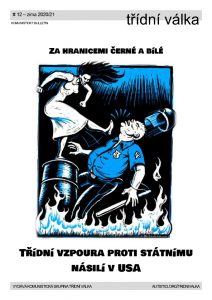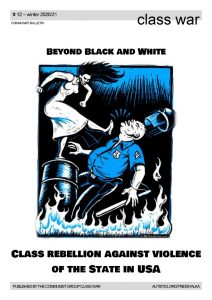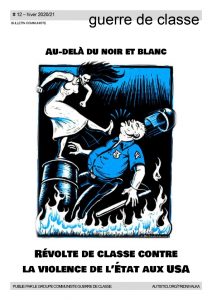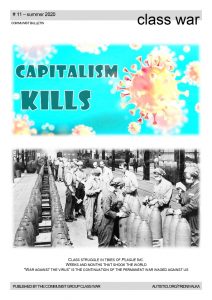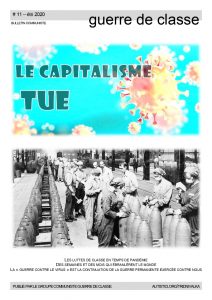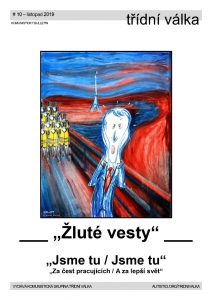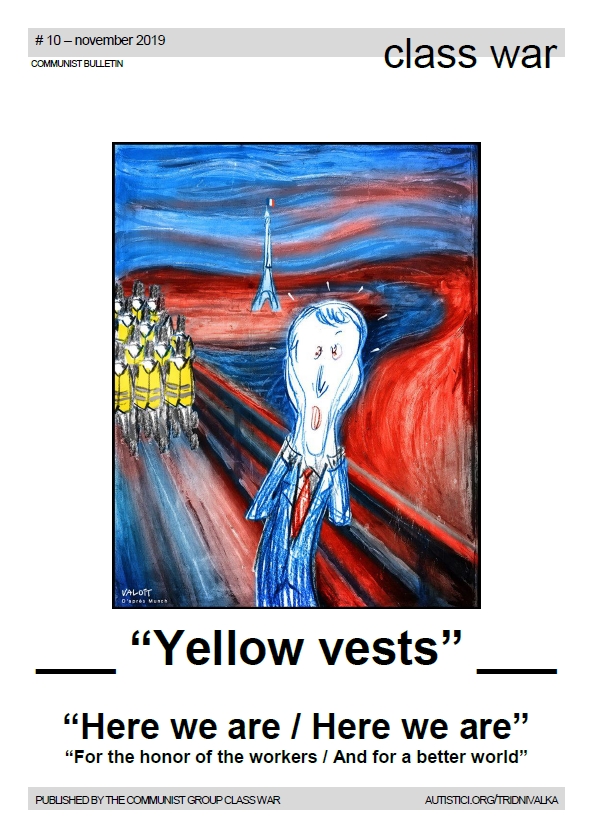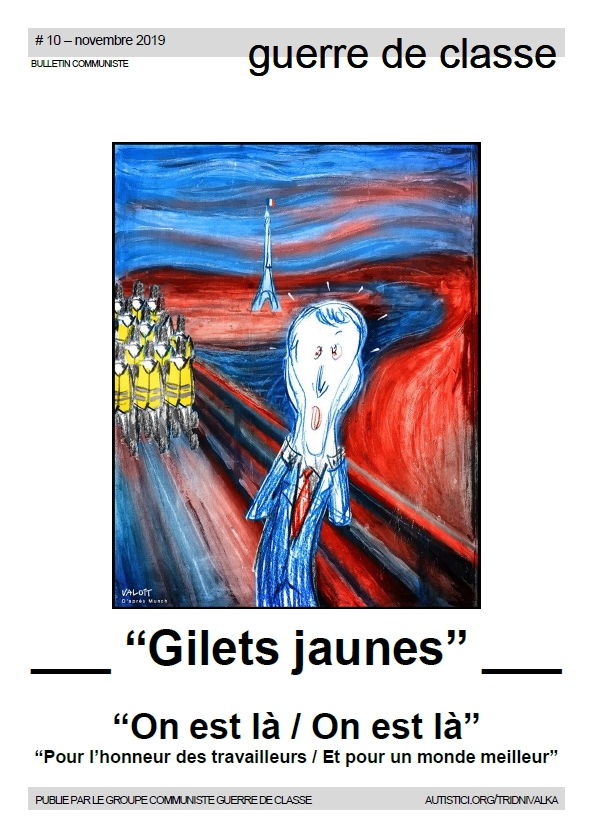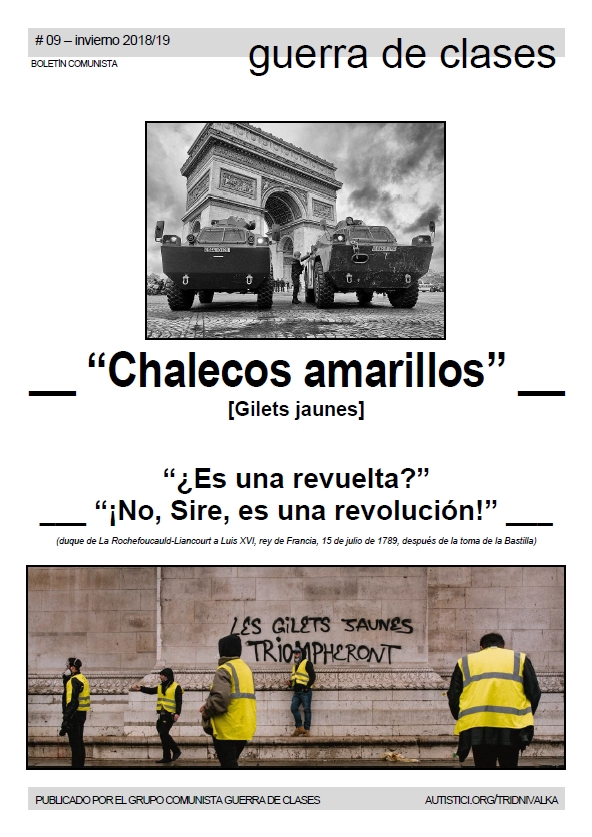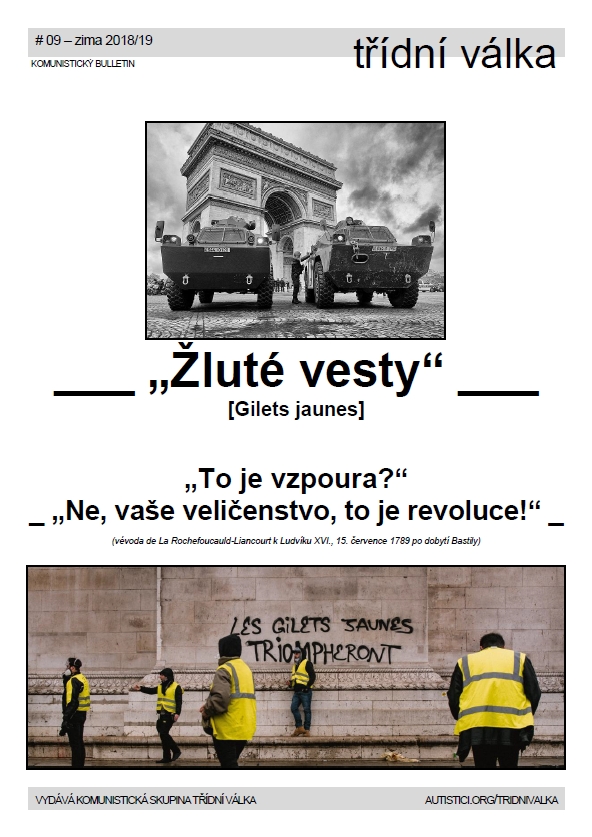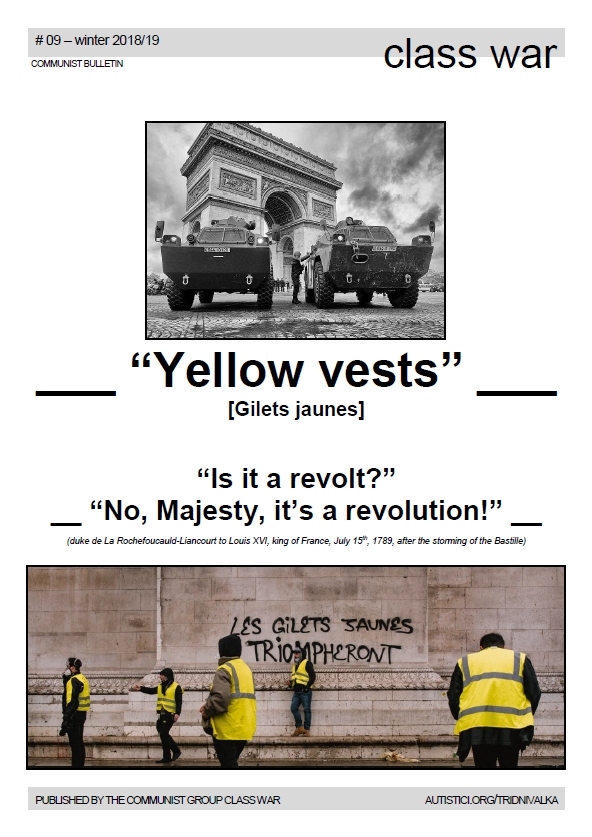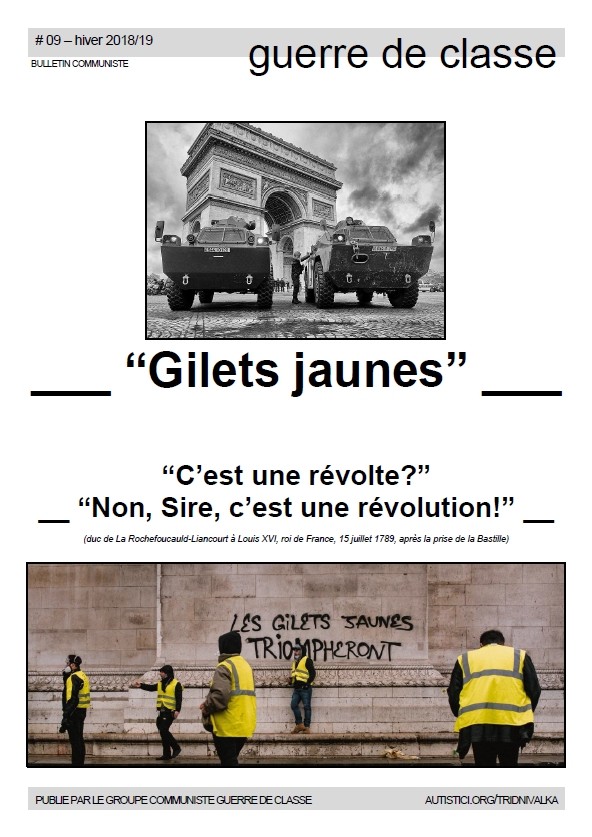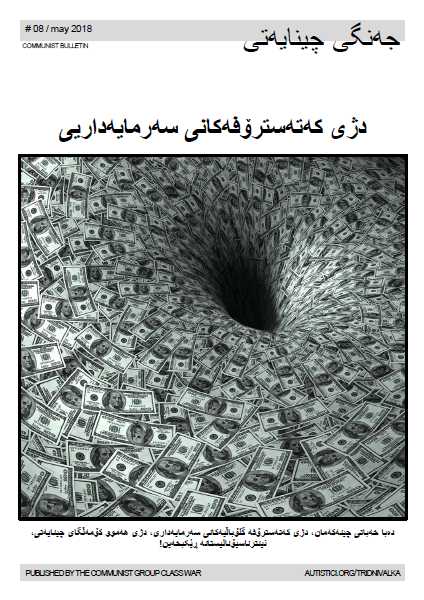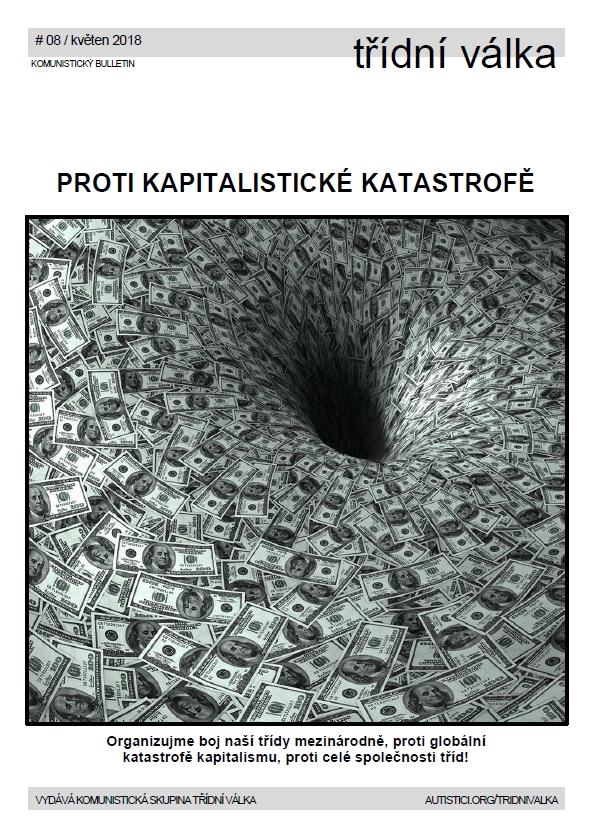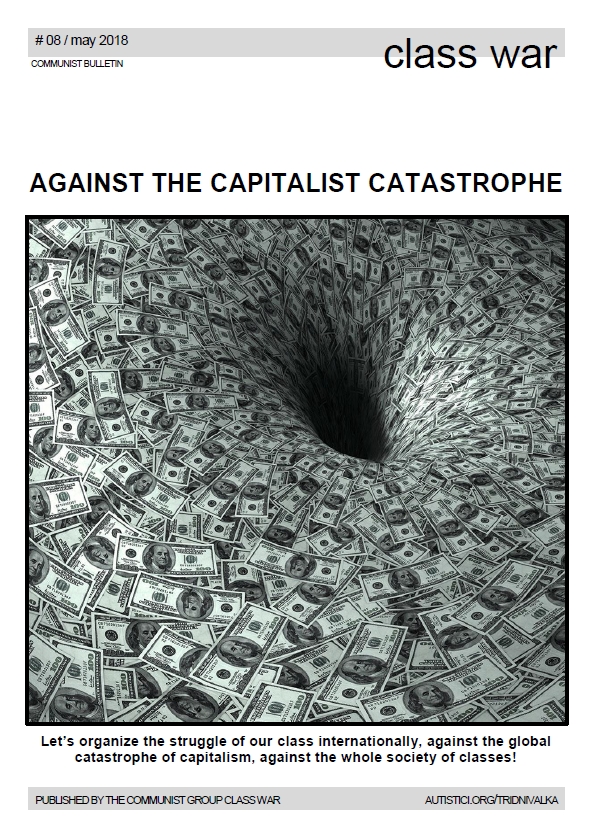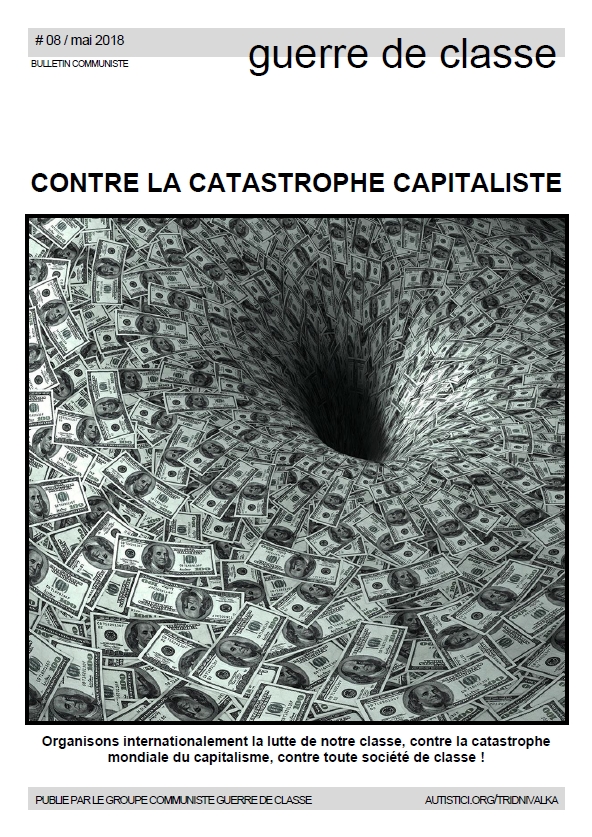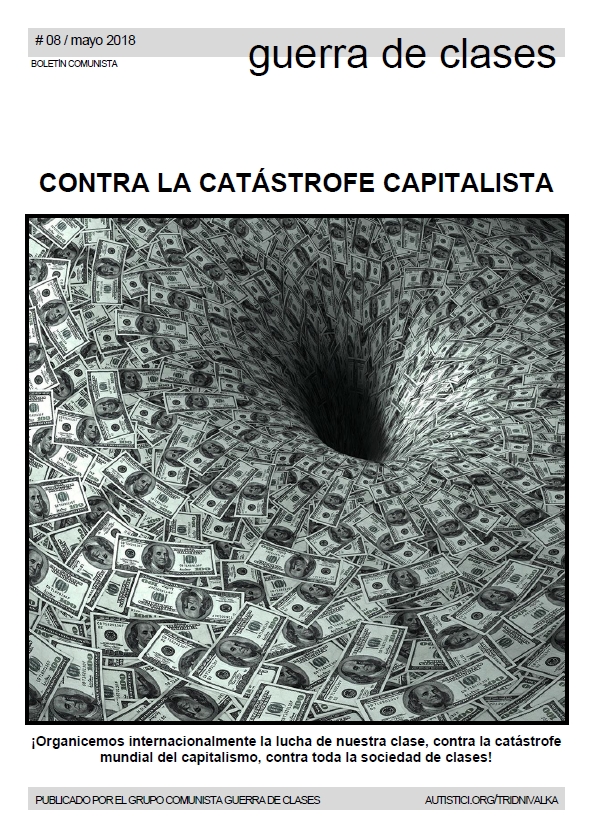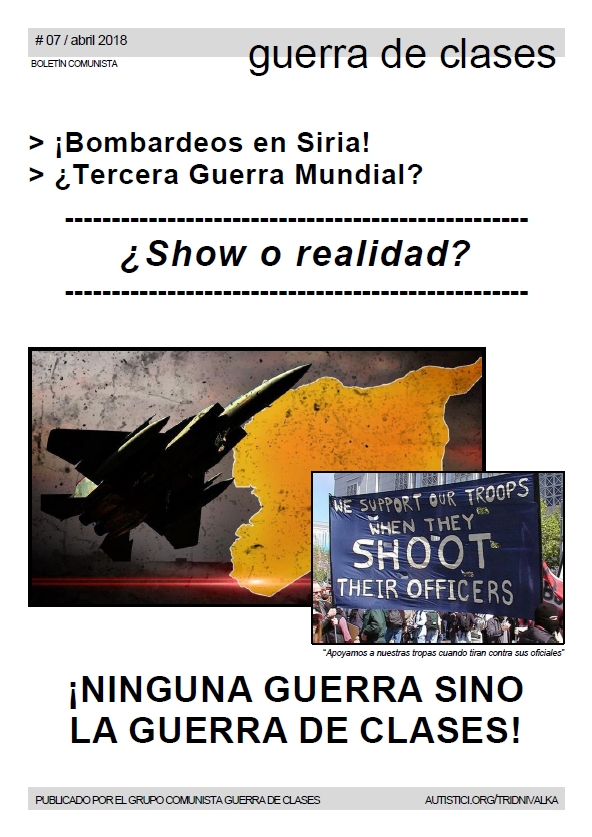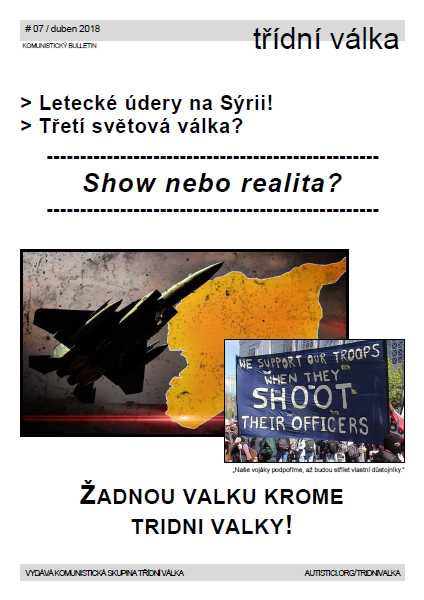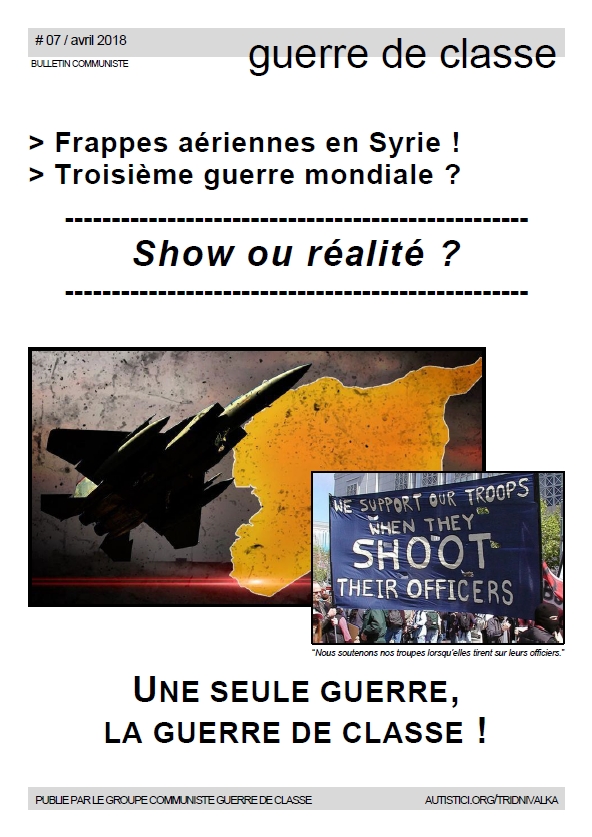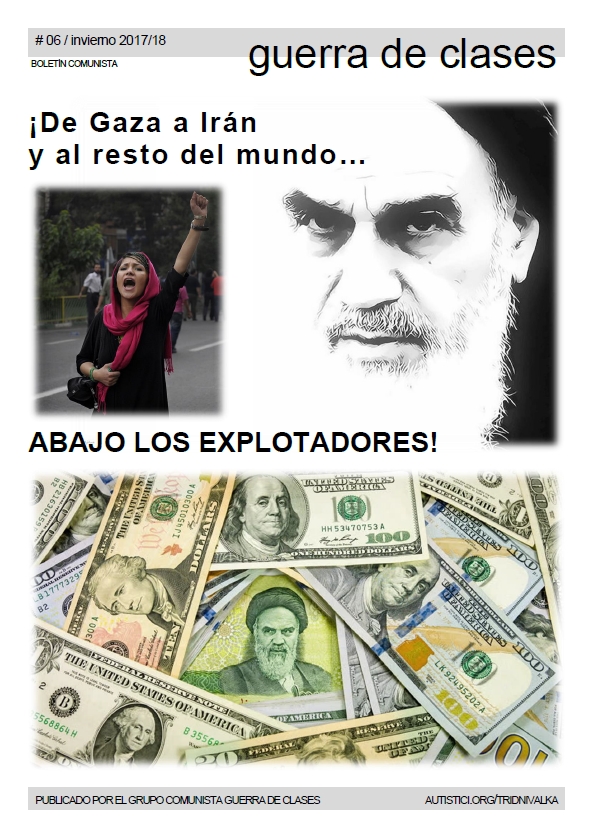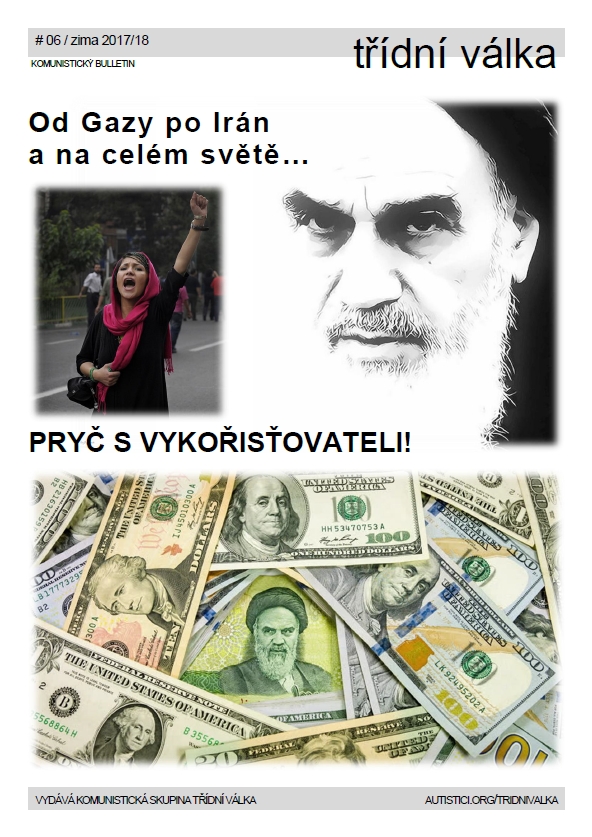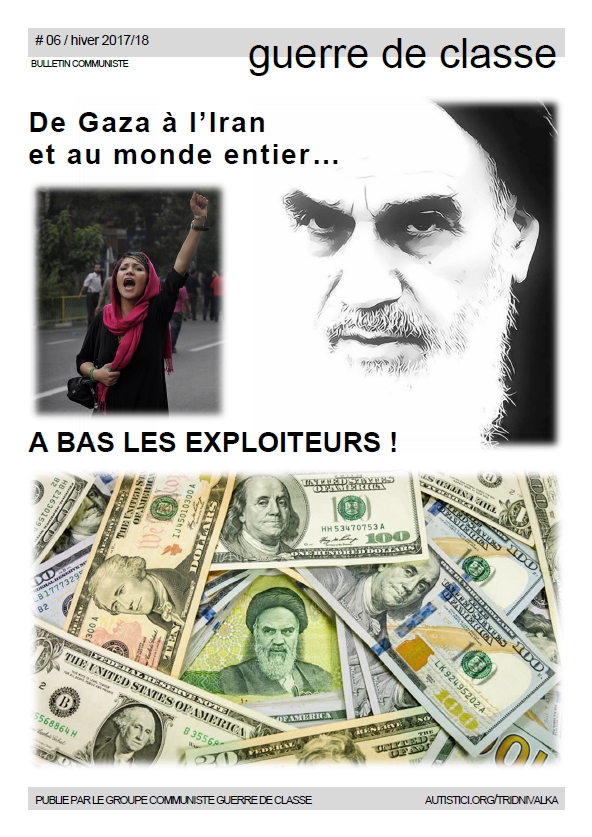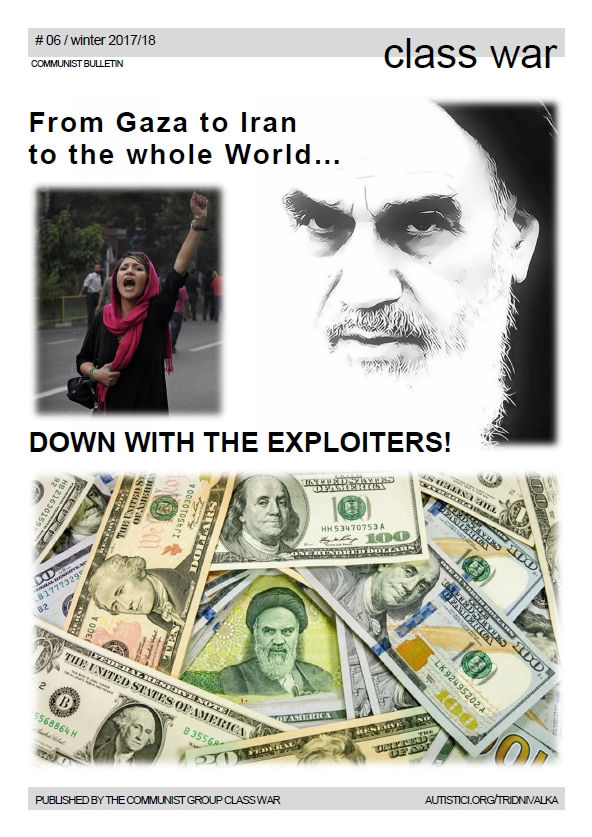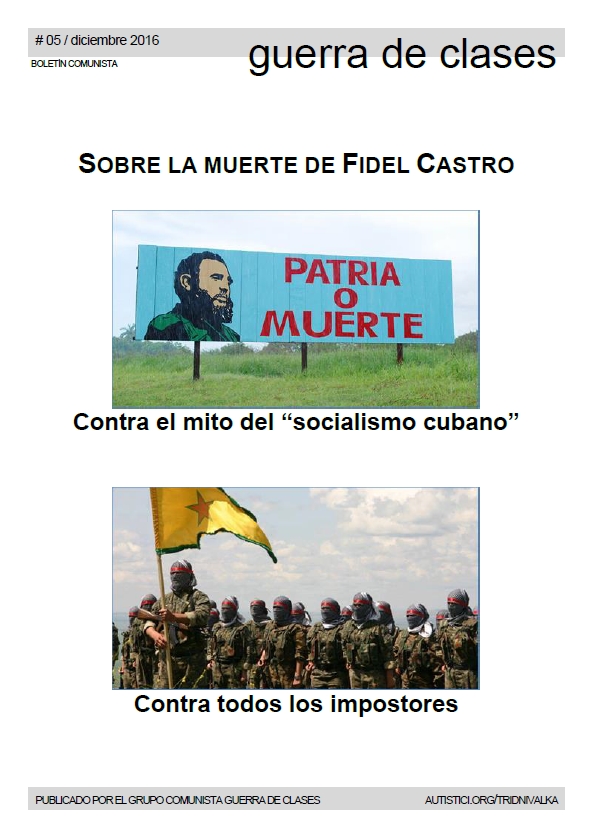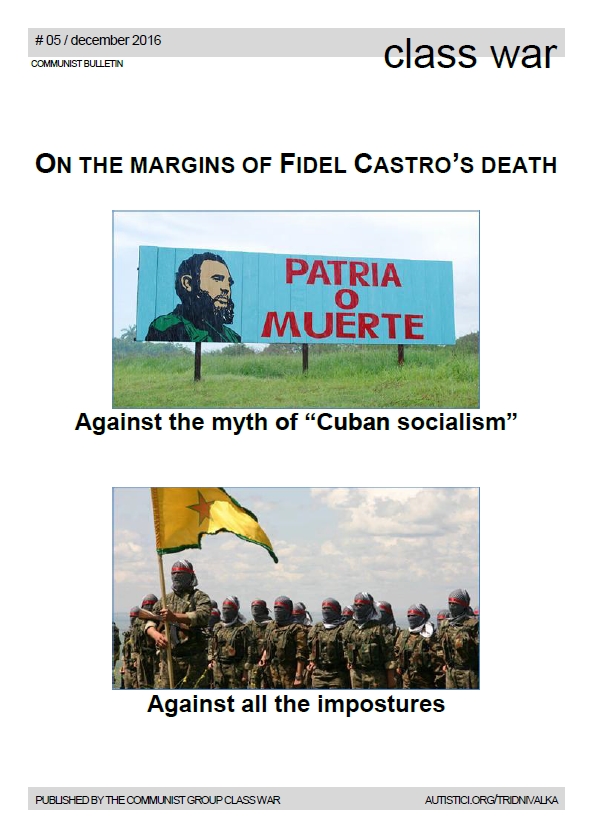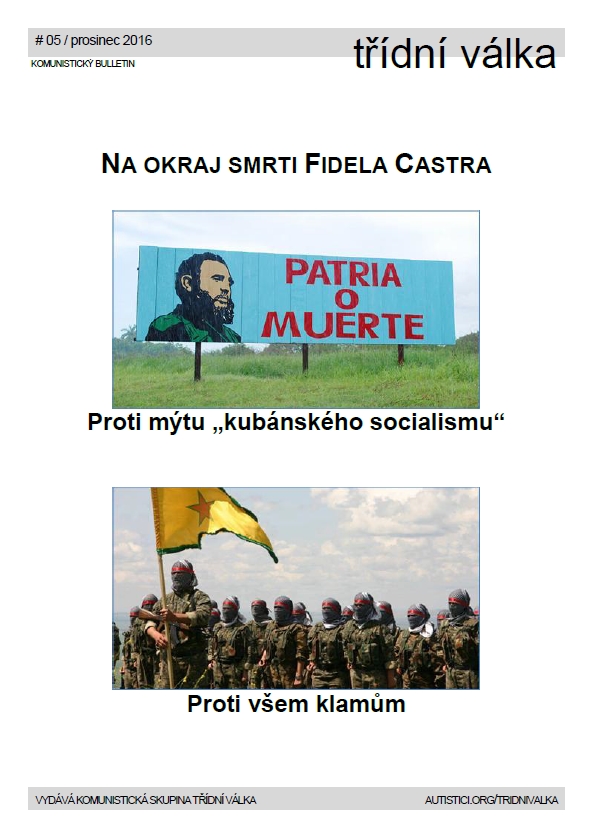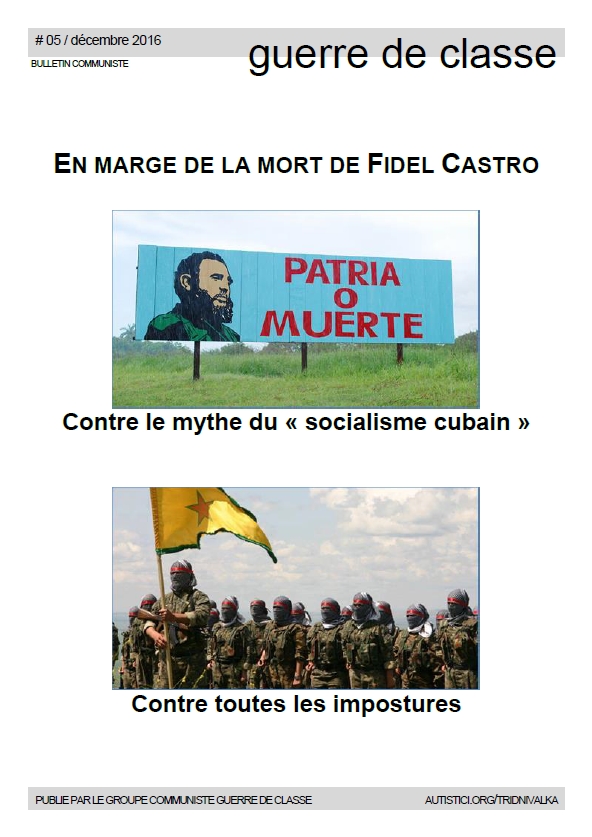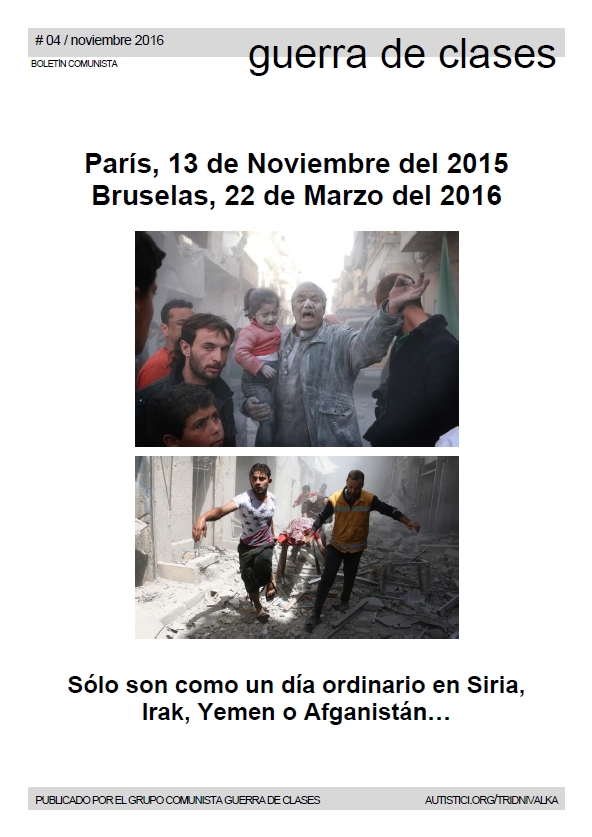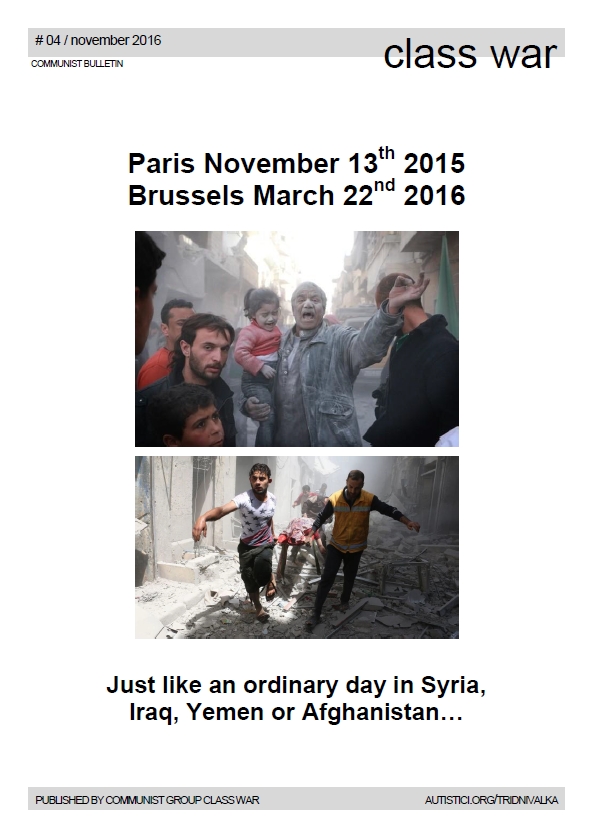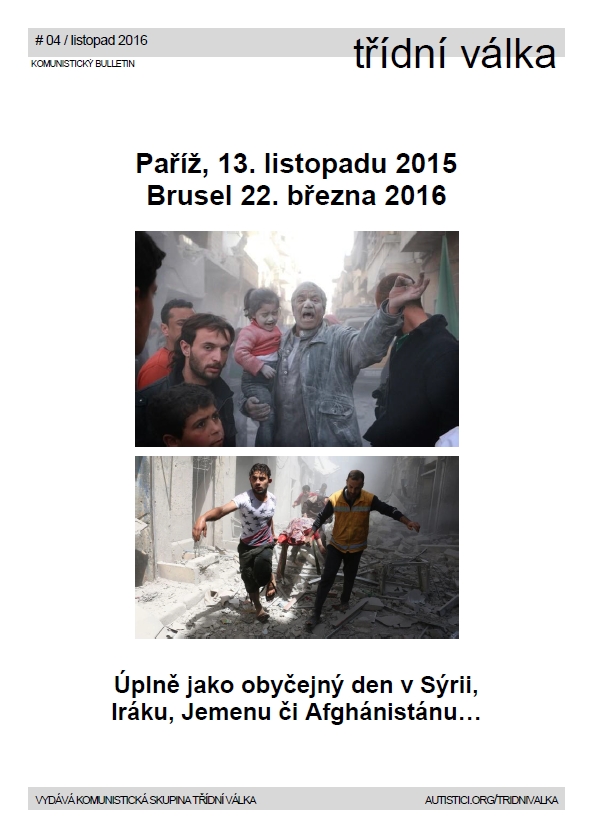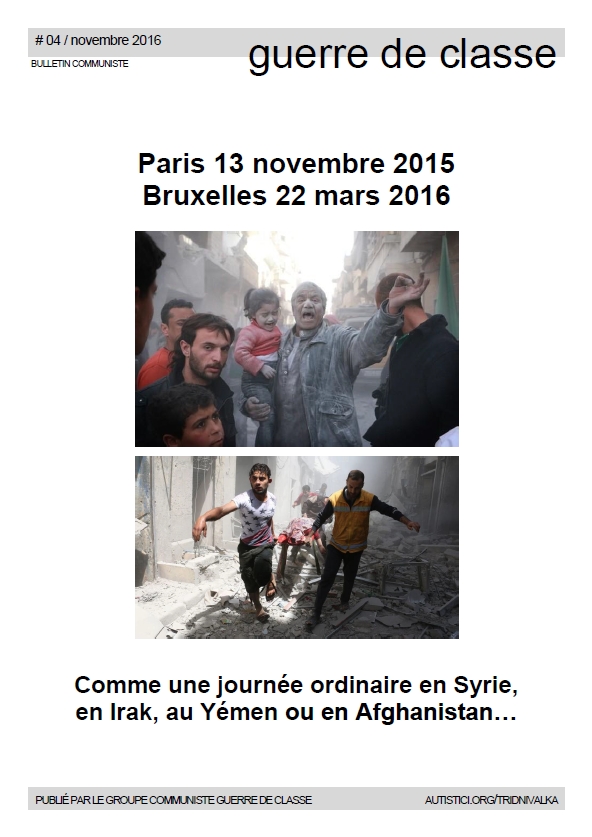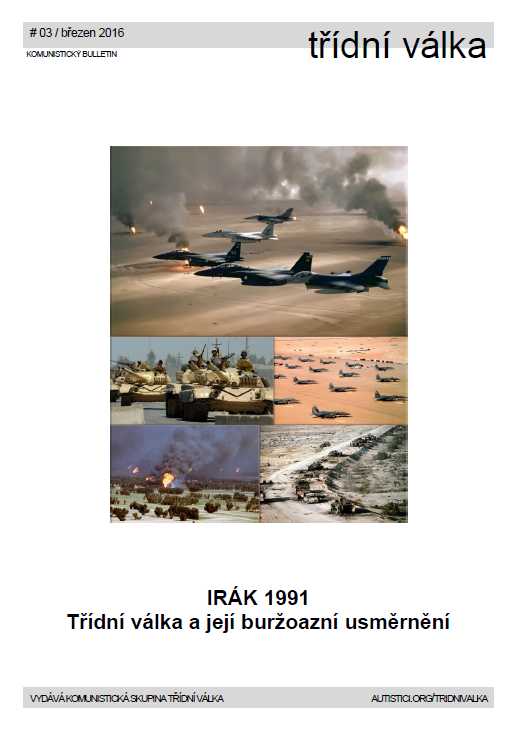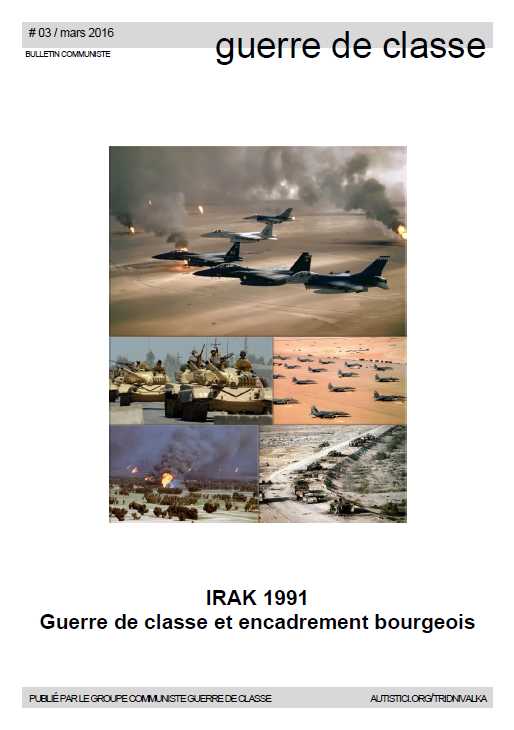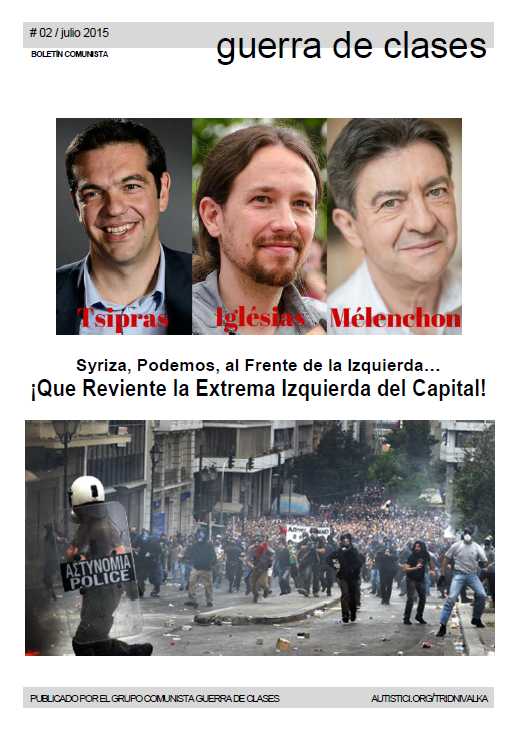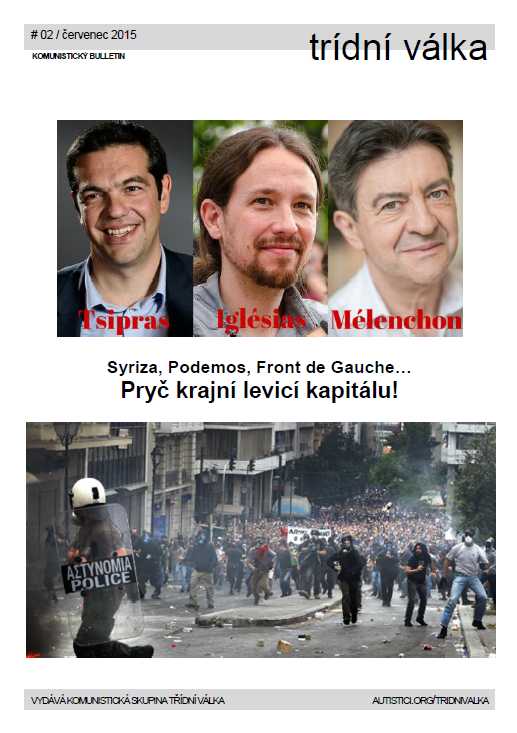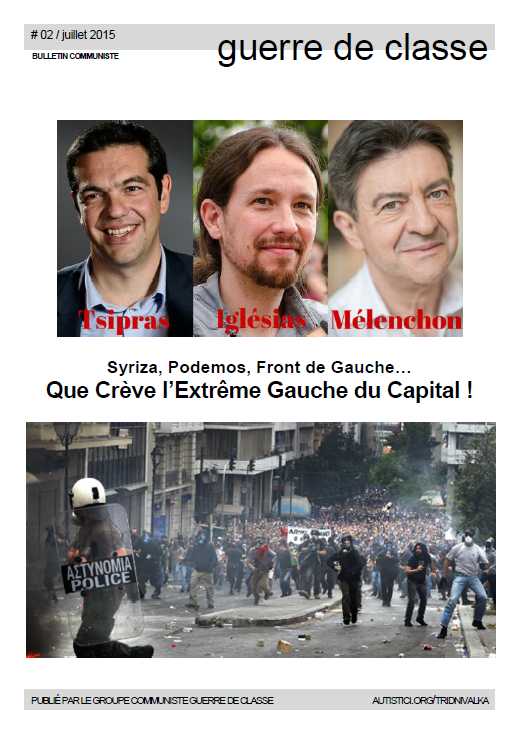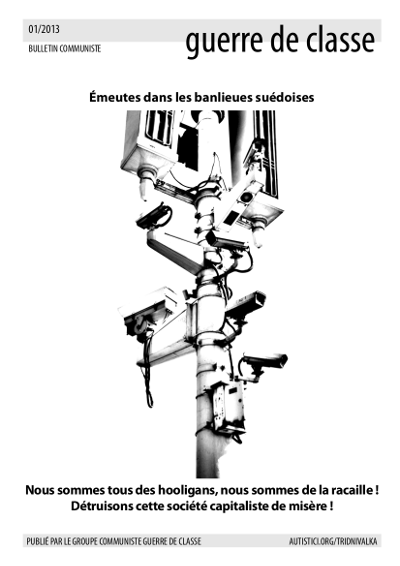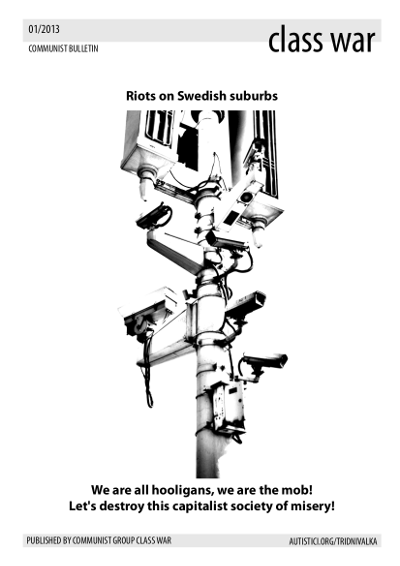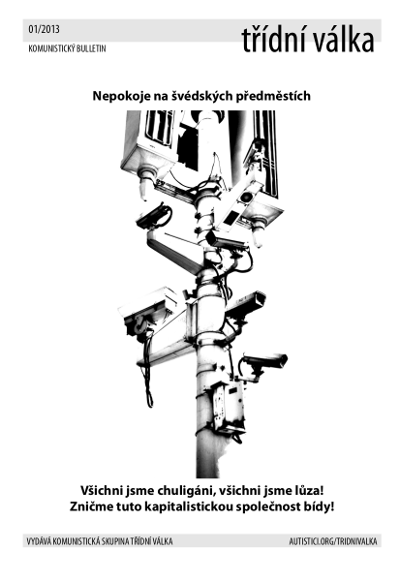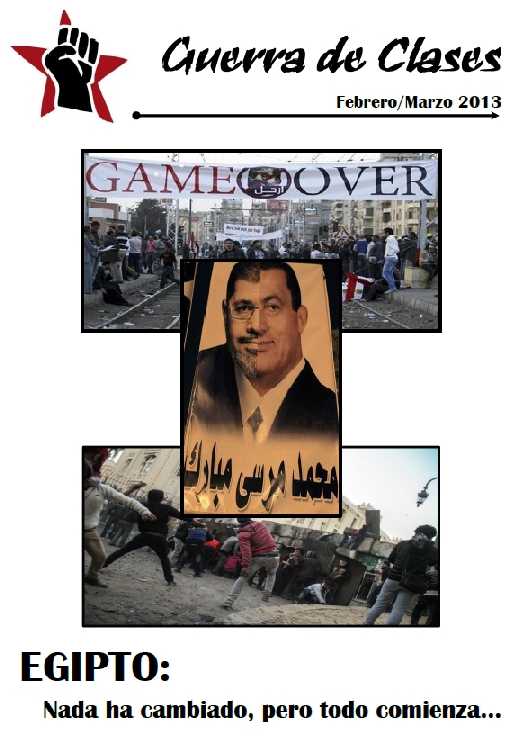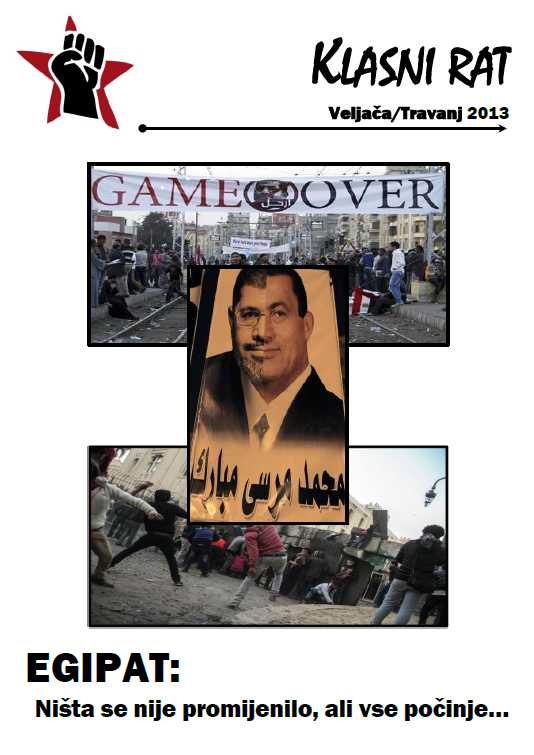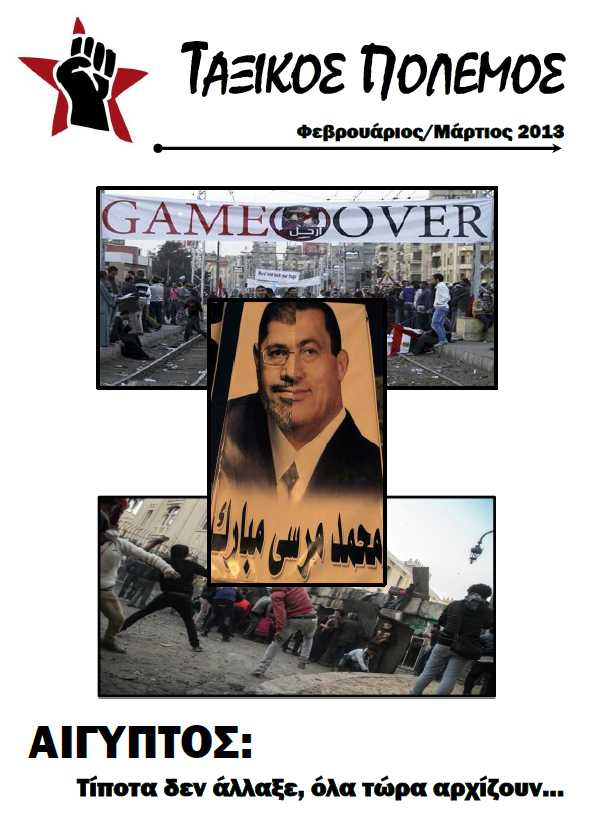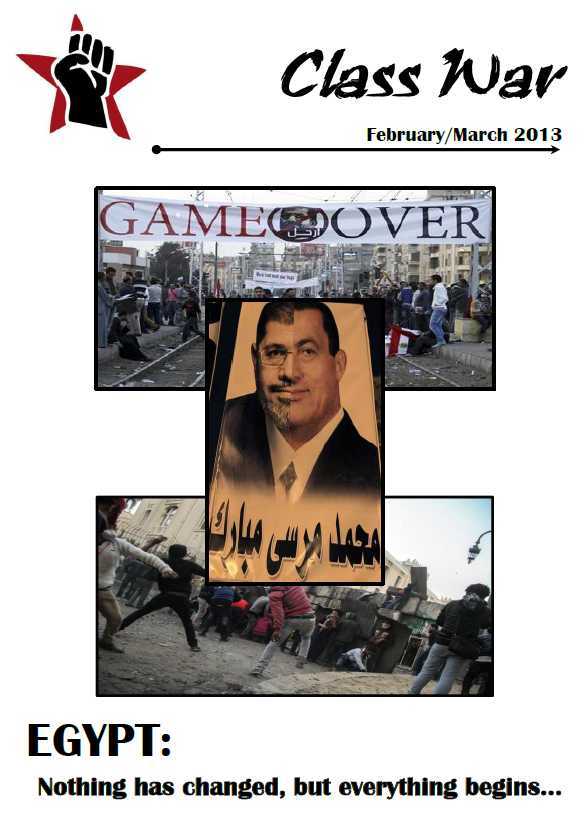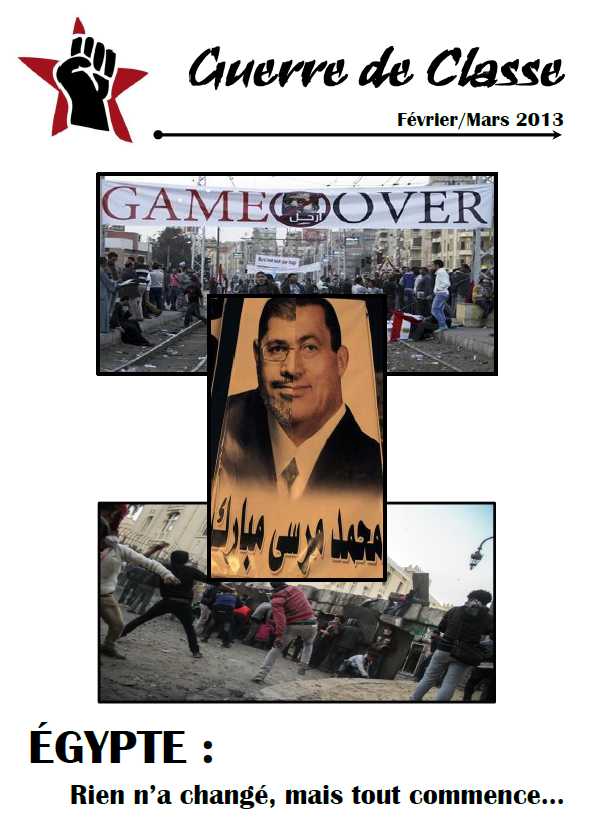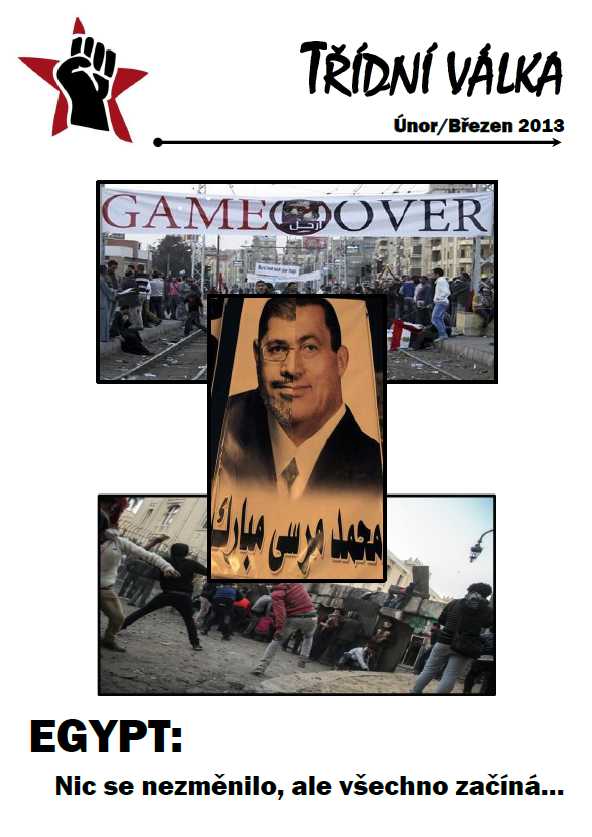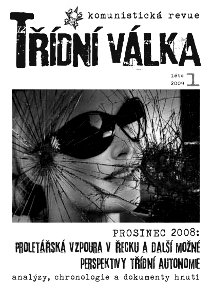/ Русский / English / Español / Italiano / Deutsch /
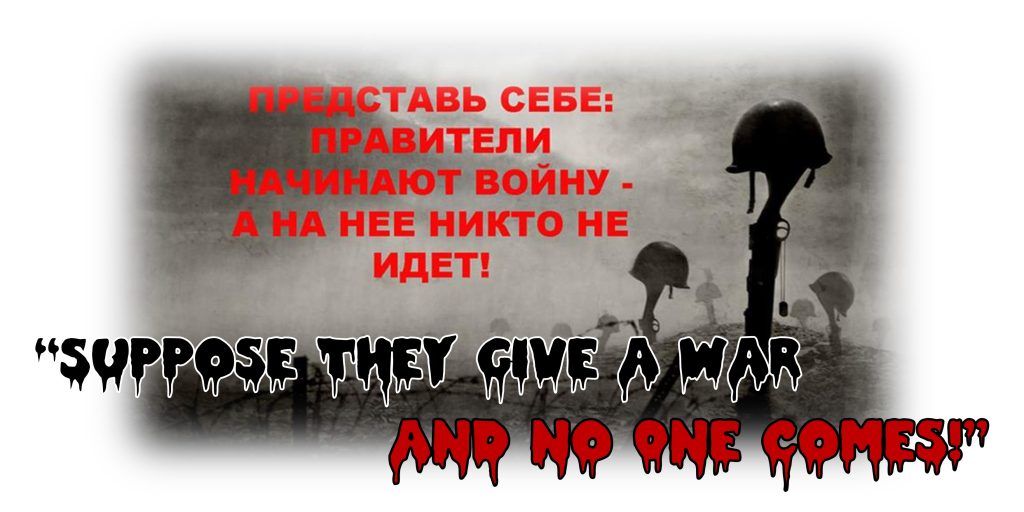
- Catastrophe for somebody, salvation for others. Desertion is flooding Ukraine
- In the long hot summer, Ukrainian and Russian soldiers broke records for the growth of desertions
- “Judge Lynch, you have the floor!” The murder of Farion amid the decay processes in the warring armies
- Internationalism – a guide to action or an excuse for inaction? To the start of the Prague Action Week 20-26 May
Catastrophe for somebody, salvation for others. Desertion is flooding Ukraine
Source: https://libcom.org/article/catastrophe-somebody-salvation-others-desertion-flooding-ukraine
The beginning of autumn was marked for Ukraine by a worsening situation on the front lines. Day by day, the defense in the Donetsk region is crumbling; in the Kharkov region, Russian troops are approaching the Oskol River; on the Kursk direction, they have also regained control of a number of settlements, although the Ukrainian army is still attacking in some places. The euphoria of victory has once again given way to frustration, and where there are defeats, there is increased pressure on internal “enemies of the people.”
270 thousand units of weapons have been wanted in Ukraine since the beginning of the full-scale war until the beginning of this month, according to Opendatabot statistics published on September 12. There are all sorts of weapons, including machine guns and grenade launchers, but the most frequently lost or stolen ones are AK-74s and hunting rifles. The absolute leaders are Donetsk and Zaporozhye regions (52,628 and 31,984 pieces, respectively), the city of Kiev (27,159), and the top five is rounded out by Lugansk, Kharkov and Sumy regions (approximately 20 thousand each). These are decent numbers even by the standards of the epic year of 1918. That is, there are plenty of weapons, only new Makhnovists are missing, who are ready to ensure the safety of their streets and neighborhoods – it is better to sell it on the black market or simply hide. The infographic can be found here; it confirms what the Assembly reported in mid-summer about the availability of firearms (in Russian; in English.)
On September 11, a video statement by two-time Kharkov mayoral candidate Denis Yaroslavsky, who currently heads one of the reconnaissance units if the Armed Forces of Ukraine, became resonant in mass media and social networks: “If I tell you now the number of SZCh [Ukrainian abbreviation for unauthorized leaving of a military unit, in Russian – SOCh] as of today, all the Russian publics will turn on us and shout “look how many deserters they have”. They don’t show theirs, we can’t show ours either. But I call this situation very deplorable. Now we already have a disease. I will not say that this is already the fourth stage, as in oncology, but it’s boldly the second, transitioning to the third. And progressive. From the very beginning, we did not have SZCh, because, for example, I served in a volunteer battalion for the first three months, we didn’t receive a salary, nothing, and there were tens of thousands of people like me. Because there was motivation. Motivation to win. Now the war has entered such a stage when everyone who doesn’t want to is drawn to the battlefield. Motivated people either died or got tired,” he said about the release from criminal liability of fugitives who returned to the army.
On September 9, Kiev journalist Volodymyr Boiko, who serves in the 101st brigade of the Ukrainian Armed Forces, stated even more sharply about this law on his Facebook page: “I have several times come across references to my modest person with information that the number of deserters in the Armed Forces and other armed formations is 200 thousand people. In fact, I said and say that the number of deserters has already exceeded 150 thousand persons and is approaching 200 thousand. With the current dynamics, it’s possible to predict 200 thousand deserters by December 2024. I also want to emphasize that the actual decriminalization of desertion will have catastrophic consequences for the front in the near future. Because this law is aimed not at those who have already arbitrarily left the military units (all the same, no one was looking for them all, and the criminal proceedings were not investigated before), but at those servicemen who faithfully performed their duty and who now learned with surprise, that you can lay down your arms, go home and there will be nothing for it. Today, crimes against the established order of military service are not investigated at all, deserters are not wanted – this is what led to the fact that the problem accumulated for 2.5 years and now the situation has reached a dead end. It’s impossible to bring such a large number of deserters to justice, and it’s impossible to find them. That’s why the head of state Andrii Yermak (may His name be sanctified!) decided that people should be captured on the streets and sent to the front instead of deserters. But this doesn’t help – after entering the military units, the mobilized simply return home. If anyone returns, it will be several people. First of all, it’s technically impossible – after registration of criminal proceedings, the deserter is excluded from the personnel lists and he can re-enter the service only through the TCR [territorial center for recruitment, i.e. enlistment office], through re-mobilization. Secondly, that wasn’t why the deserter left the unit and went home to return. Another thing is that mass desertion has now begun, as the people have seen that it’s possible to “get on skis” and there will be nothing for it.” If this summer our magazine wrote [in Russian; in English] that this usually happens in the form of failure to return from the hospital or vacation, now soldiers already leave and disappear directly from their positions, even if there was no shelling. An instructor of the 59th motorized infantry brigade of the AFU, which is fighting near Pokrovsk, told about this in a Deutsche Welle video story from last week.
On September 15, one of the largest news channels in Ukraine also wrote about how the official statistics of military escapes are understated: “… Also, SZChs and refusers are removed from the staff. Went out arbitrarily, was absent from the unit for more than ten days. Or refused to go to the front. Most SZChs and refusers don’t have criminal cases opened against them, commanders don’t write reports. Since this spoils the overall statistics of the unit and calls into question the commander’s competence to lead and maintain morale. Therefore, such a contingent is quietly removed from the staff. There’s another nuance. The thing is that if the sick, offenders or refusers aren’t removed from the staff, then according to the documents the unit doesn’t need to be replenished. And it’s considered combat-ready. But in reality the unit isn’t combat-ready. Since more than half of it consists of offenders or wounded. Offenders with drunkenness or fights, or drug addicts, can be kept out of staff for years – no one needs them in combat units. They also can’t be fired, so offenders can be kept in reserve companies as cheap labor for units. They are rarely allowed home, they are kept in the rear not far from the unit. There’s no security in the reserve companies for “outstaffers”. If an “outstaffer” escapes from a reserve company – goes into repeated SZCh, then he’s first declared wanted. Then a criminal case is opened for desertion. People escape from reserve companies very often. But some of them are caught by the Military Law Enforcement Service and brought back after “re-education” at the commandant’s office,” explained the AFU captain Bogdan D. to journalists.
On September 14, Lviv military serviceman Maxim Bugel wrote on Facebook how the unwillingness of our neighbors in the Sumy region (also bordering with the Kursk region of Russia) to provide housing led him to thoughts about desertion: “…There was hope that after the shelling started in Sumy and many people left, eventually they would need funds to rent housing in the places they moved to. But the planets didn’t align. An ОLХ announcement. There are a few houses, a few apartments, but there is a nuance – they are rented only for families with children, at most, with a small animal. Prices are reduced but the requirements for settlement are not. And today I also learned that in one of the apartment buildings, in the settlement where we are now, they were meeting and deciding whether to let the military into the building. They agreed – that we are unclean and have no place in their heavenly place. In the neighboring one, they decided to let us in. There is a desire to gather my Cossacks on their square and also hold at least a referendum on the topic “do we need to defend them” and if the decision is not in their favor – turn around and go home. It is interesting to look at their faces in this case. What will be more: fear or joy that a brotherly people will come to them.” As we noted in the material about this tendency, the author also missed the fact that the first Cossacks were fleeing serfdom instead of fighting for it. Earlier this month, a famous right-wing activist was indignant that residents of a high-rise building in Kharkov want to evict his volunteer warehouse in order to avoid missile arrival.
The article “In the long hot summer, Ukrainian and Russian soldiers broke records for the growth of desertions”, which was published by us on the first day of autumn, turned out to be just in time. (It is available in Russian, in English, in Spanish, in Italian.) A number of feedbacks came from both sides of the front. From discussions in local chats of Kharkov:
“I have a small observation, several busified ones, who haven’t been very critical of the authorities all this time, now quite console themselves with the thought that those at the top know better. While you are “free”, your thoughts are within the framework of social currents and have the opportunity to wag. As soon as you get into a collective with outlined tasks, in most cases, your thoughts are in the same tunnel as everyone else. A busified, getting into a collective of previously busified, but already resigned to the situation, mentally assimilates with them, accepts their point of view, creating a comfort zone (swimming against the current is always uncomfortable). There he’s drawn into the topic and also begins to think that everyone else is a scoundrel and an evader, motivation appears. Until he gets into slaughter. There comes awareness and often SOCh.”
“I have three – a godfather and two deceased acquaintances who went voluntarily from the first days, but when they came to Kharkov, we drank together, no one shouted that I’m an evader, but on the contrary, that there’s nothing to do there. One, a volunteer too, is already abroad. He went for 2 weeks and has been there for half a year already. He said that just to take a rest…”
“A guy worked nearby, and he had a dog. So he dressed it up in a camouflage vest, a yellow and blue leash. And he himself walked around with all sorts of patriotic bracelets and tridents on his backpack. On the way to work, he was accepted by the TCR and he went to training. Then I see after 2-3 months he is hobbling. I thought he was drunk, but everything turned out to be much more interesting. After training, they were taken in tarpaulin trucks somewhere to the front line. And right when unloading the personnel, they got hit with something cassette-like. So, he wasn’t drunk, his legs were cut up by shrapnel, and they hadn’t pulled out all the shrapnel from the body yet. They sent him home from the hospital to finish his treatment, but didn’t write him off due to his wounds. And the guy said during conversation that he f*cked all this, he was going to go into SZCh. That’s how quickly his surge of patriotism passed.”
“Half of my yard is SZCh, the Slobozhansky district. The main thing is not to get caught, otherwise no one cares. We don’t have a military prosecutor’s office anymore, the cops deal with deserters now, and they don’t give a damn about it. In the spring, an acquaintance showed up in the neighborhood. He fought in the Zaporozhye region. In May, the commander came to him and said: “We’re being transferred to Liptsy [one of the hottest places in the Kharkov region], and then you have to decide for yourself, just leave your automat [rifle] if you decide to run away.” Well, he left his uniform and is now an SZCh. They’re getting by somehow, like everyone else.”
SZCh and SOCh can also be deciphered in our languages as “Courage. Bravery. Honor”
On September 9, we received a letter from Gorlovka, controlled by the far-right “Donetsk People’s Republic” since 2014: “The saddest thing is that if you start telling people that soldiers need to desert the army and turn their weapons against those in power, people will widen their eyes and say, “Do you want 1917 to happen again? For brother against brother again, and for people to swell with hunger? It’s better if we endure, otherwise it will get worse.” We have photos of those wanted for escape on our streets. And the inscriptions: “Betrayed the republic, betrayed comrades, betrayed himself.” I’ve heard the opinion that we have a lot of SOCh. But “a lot of” is a flexible concept. And their captures aren’t published here.” We will not cite the name of the person who spoke out.
On September 14, a post appeared in the Telegram channel Mobilization DPR Live about Donetsk mobilized soldiers of military unit 78979 on the Kursk direction complaining about bullying by the new commander and threats to send them on crutches to storm the front. “My advice: if you want to LIVE, run (or let them run), if possible… No one, no human rights bodies will help YOU! I tried! I myself didn’t fully recover from my injury, I was thrown into a meat assault. These bodies simply leaked me after I turned to them for “help”. They leaked me in a unit that wanted to destroy me. The prosecutor’s office didn’t bother to deal with my case. I’ve to save my “life” from lawlessness, arbitrariness myself, now being in the “underground”! They simply don’t need crippled fighters after injuries! They destroy us – THEIR OWN are finishing us off!… According to plan? According to schedule? Yes?”– a reader with an anonymous profile commented below.
After private contacting for details, he added: “It was in Donetsk. Yes, I deserted! Because I was taken away in a meat assault, having been partially cured, while my Russian passport and mobile phone were taken away, they kept me under armed guard the whole time, insulted and threatened, but I managed to escape, later I contacted the prosecutor’s office, to which there was silence, and they simply leaked me from the prosecutor’s office to a military unit, where they wanted to zero me out, saying like that I was alive and well, saying look for him, well, you understand why, when they find me, they will zero me out. So I sit quietly and my opinion is that no one will help you, even the prosecutor’s office. All those guys with whom I was taken were also partially cured, they died. Sorry, I won’t say anything more, I’ll say that this is thriving in the 114th brigade, Donetsk.” Being asked how exactly he managed to escape from custody, he did not answer. It is a common thing in both armies: like, I have some information that can help save the lives for others, but I will not share it. The lawlessness from higher ranks relies on those who groan from this.
Alas, after the end of the Vietnam War, such a type of anti-war activist as a military serviceman engaged in agitation and propaganda among his colleagues was practically forgotten. This is exactly what a Russian leftist who introduces himself as Sergey Thälmann wrote to us about on September 2. In addition to other important inside information, his letter helps us understand why there was no widespread desertion among Russian conscripts in the Kursk region, despite the fact that this seems to be the most logical choice for those poorly prepared for battle:
“I’m a conscript, there was no distinct choice. I actively educate soldiers and explain the injustice of the conflict. Of course, I’m not very fond of anarchism, but I believe that there’s no way without anarchists. Anarchism is the heart of communism, and Marxism is its mind.
I’ll say right away that there’s a strange atmosphere among conscripts – for some reason everyone wants to see the war. And when you start explaining that war is not a shooter, not a computer game, their desire immediately disappears. However, there are even such young people who defend Russian capital. They speak in the paradigm of “friends – foes” about Ukrainians and Russians. This is truly frightening. Many sign the contract, but… Taking into account both material and superstructural values. That is, with the desire to see the war. Consumer society has washed away the human brain so much that 19-year-old guys in Balashikha [near Moscow, – Ed.] want to go to Kursk. And it seems to me that such an atmosphere is not only here.
Well, and interesting observations: many officers are outright Nazis. For example, I talked to the communications chief of the mortar division of the 4th regiment. And he told me that I need to read… German thinkers of the 1930s. And there are hundreds of such ones here. Although there are adequate people… On the faces of the mobilized you can see more fear, despair. I talked to so many mobics here – not a single one wanted to fight. Some worked in a plant, some as an electrician. But conscripts are the opposite. Maybe because many are from the provinces, where life is boring and there are few bright emotions. Or maybe because in a consumer society, the consumer can consume absolutely any product provided. Even war becomes a commodity for sale.
In the companies there is also such a concept – military-political information. There they say absolutely terrible things. About how Ukraine almost burns people alive, and almost exclusively hits peaceful cities, ignoring military objects. As if the AFU isn’t an army, but… some small bandit who shoots at everything in sight. The main thing is that they hush up how in Russia, too, they pack people and forcibly send to war.
What can we get here, two concentrated capitals clashed with each other. Their most loyal dogs came out of their kennels)) Ukrainian capital is just as chauvinistic and concentrated in the form of financial capital as Russian. No government can be defended, they are both criminal, both thieves. And war is a war of slave owners for the strengthening and reinforcement of slavery. To support one of the slave owners in it means to be against the oppressed, that is, against the slaves. Against the serfs. Against the proletarians.
By the way, to those who say that Ukraine is a victim. Supporting a young and inexperienced robber in a fight with an old and fat one is supporting robbery as such and further robbery of one of them.”
In continuation of what was said about the escapes of Ukrainians from NATO training grounds, we ourselves found a guy from Sumy named Maxim, who did it in the United Kingdom:
“I was mobilized by force, busified. But my plans to escape arose after arriving there. Even though everything was cool there, I didn’t want to return to Ukraine. It’s much easier to escape from training there. There you escape and are already abroad, in Ukraine if you escape, then go and look around, I don’t understand how to live, work, etc. There was no selection as such in our unit, they announced that there’s recruitment to Britain, they took everyone who wanted, even men 50+ years old went. They will take your passports on the 2nd-3rd day, so it’s better to escape on the first day. I was lucky, my passport was left at home and I flew to Britain with a military ID. And then in Europe I received my passport via the post. Just along with my clothes, they even described it in the invoice as a “document”, there were no problems. When you escape from training, it’s best to go straight to the airport and as quickly as possible. As far as I know, they only let you surrender to the authorities at the airports to help protect you. You don’t have to get on the plane, you just surrender to the migration service there. They won’t send you back to the unit if you manage to get to the airport. I was dressed like a civilian, I speak English well. It wasn’t difficult, we climbed over the fence at night and that’s it. There is no security at all. It’s better not to tell anyone about the escape at all. Not even your comrades-in-arms.”
Finally, since we are talking about Western countries, the historian and political scientist from the Netherlands Fredo Corvo, an adherent of anti-partisan Marxism, devoted to our creature an entire review on the multilingual website Left Dis:
“The article by the Ukrainian group Assembly rightly refers to the mass desertions of Russian soldiers in World War I. When these were supplemented by mass strikes in the arms industry and mass demonstrations by women, the mass desertions turned into soldiers’ revolts and the creation of soldiers’ councils. Thus, in the words of Henriette Roland Holst, the means of struggle for social revolution in Russia were complete, and the proletarian revolution of October 1917 was able to put an end to Russian participation in the war.
Such a perspective may seem rather unlikely in the present situation. In the eyes of the ultra-minority revolutionary communists, there is an enormous gap between the low level of consciousness of the proletariat, its domination by bourgeois ideologies such as nationalism, and their own awareness of the dangers of the present inter-imperialist wars and the consequent need for world revolution. This gap is a fact. However, the working class, as an exploited and oppressed class, has shown that it is capable of raising its consciousness to its historical task in its struggle against the effects of war. The article shows that individual desertion is increasing on both sides of the fronts, with the first appearance of collective and organized desertion.
History does not repeat itself. The proletarian mass movement goes through the stages of previous revolutions in its own way. This is how it can succeed where it failed before. From the (failed) revolutions in Russia and Germany during and immediately after World War I, we know that mass strikes in the armaments industry gave the struggle against the war a proletarian character. Mass demonstrations by women showed the need for courage on the part of men. Both mass strikes and mass demonstrations at home helped turn mass desertions from the front into soldiers’ revolts and the creation of soldiers’ councils. In turn, the revolutionary soldiers were able to prevent the repression of the masses demonstrating against the war.
Another lesson of February 1917 in Russia and November 1918 in Germany, Austria and Hungary is that left bourgeois forces can initially contain mass movements with slogans for nationalism, peace and reform. Last weekend and today, we see a similar containment of a mass movement against war in Israel.
We should understand that ‘the old mole’ is digging and – more importantly – why, how, with what perspectives.”
And there will not be any “effective recruitment” here. Russia is big, there are enough alcoholics and just idiots there, for whom the ultimate dream in a civilian job is 30 thousand rubles, so they are ready to go to the slaughter for the sake of millions in payments (and then, judging by the mass coercion of conscripts to sign contracts, even in the Russian Armed Forces there is a serious shortage of contract soldiers). In Ukraine there are fewer fools, and there are no such budgetary resources, so the only basis for mobilization can be a “minivan of invincibility”. Those who are not ready to die for this ghetto will not go, no matter how much the recruiters explain that it is important and honorable. Even if they pay mountains of gold under the contract, this will not allow recruiting enough personnel for the Armed Forces of Ukraine, because most of those who remain value their lives more than any money. That’s bullshit, folks.
In the long hot summer, Ukrainian and Russian soldiers broke records for the growth of desertions
Since the morning of August 6, when Ukrainian troops broke through the border and occupied some border settlements in the Kursk region of Russia, debates have not subsided about the meaning and consequences of this sortie from a military-political point of view. The end of the battles for this territory is still far away. At the moment, it is only clear that such an attack against the backdrop of the collapsing Ukrainian defense in the Donetsk region came as a complete surprise to many.
In particular, the focus of attention during the battles for the Kursk region was on the border gas metering station in Sudzha (Suja), through which Russian gas is supplied to Europe. Its continued work despite hostilities around it became another symbol of the fact that war is war but international business goes as usual. From the posts of Netherlands-based Donetsk emigrant Andrey Shokotko:
“Dutch families will be warm this winter. With full gas reserves, the chances of an extreme increase in energy bills are limited. Thanks to Zelensky and Putin, whose reliable partnership (so brilliantly confirmed in Sudzha) does not allow us in Europe to freeze. But it is not entirely clear – why do they send their serfs to kill each other? And why do slaves, knowing about the Russian-Ukrainian business partnership, go to kill each other?
Ukraine and the RF flatly refuse to formalize the war as a war. They are sophisticated in inventing terms. All for the sake of continuing cooperation with each other, maintaining trade relations, earning money together for the “elite”. The slaughter of slaves only helps business – in this case, by raising gas prices. In general, it is even fair that the slaughter of serfs is not registered as a war. After all, there is no war between the “elites”, and the states of the Russian Federation and Ukraine do not belong to serfs. In these territories, serfs are a resource. Expendable material.
After Sudzha, only the mentally retarded will want to voluntarily go to this war. Or those suffering from severe forms of patriotism, which is the same thing. The fraternal partner regimes of the RF and Ukraine dispose of their slaves, earn money together, are close friends with their organisms and easily agree on everything that brings in income. At the same time, they set patriotic hamsters against each other in order to maintain power and earnings.”
Secondly, the Kursk events once again showed that the gigantic bureaucratic apparatus, which copes well with plundering the budget or persecuting dissenters, is completely powerless in the face of a real threat.
“In the border areas of the Kursk region, where fighting has been going on all week, there are no police, no firefighters, no doctors, no representatives of the administration. According to official information, more than 76 thousand people left the settlements (most of them left on their own, since there was no organized evacuation, contrary to the statements of the authorities), but there are still people there, mostly elderly. The devastation of villages and towns has become a catalyst for rampant looting. Shops are being robbed, there is a collapse in Korenevo, supermarket Magnet was simply destroyed. No water, no gas, no electricity. “There was no organized evacuation, and if there was, then why didn’t we hear anything about it?” a local resident writes. A similar situation is in other border municipalities. Kursk residents are sure that the administration representatives, having abandoned people to their fate, themselves provoked the collapse in the border areas. At present, it is impossible to reach the administration of Korenevsky district of Kursk region by phone. People are forced to self-organize in order to protect themselves and their property and essentially perform the functions of state and law enforcement agencies,” told one of Russia’s largest political Telegram channels on August 11. The same scenes took place at the beginning of Russian invasion in the south of Ukraine, when the Ukrainian authorities had already disappeared and the Russian ones had not yet been established.
Thirdly, the invasion of the Kursk region has caused an enthusiasm in the ranks of Ukrainian patriots that has not been observed since last year’s “coffee in Crimea until the end of spring.” We have dedicated a separate material “The volcano of patriotism“ to this issue, someone from the Ukrainian project on monitoring street kidnapping for military service replied to it: “There is an opinion that the Kursk offensive is diverting people’s discontent and distracting from the topic of TCRs [territorial centers for recruitment]. And I tell you that it is very noticeable. The videos about the TCR scum have decreased about five times. People got distracted by looking at maps of the offensive. But the TCR occupiers did not disappear anywhere. And they catch people on the streets at the same pace.”
However, the absence of queues of people wishing to join the army suggests that the patriotic upsurge occurred not among conscious objectors (like from the Evader’s Manifesto sent us by anonymous anarchist reader this summer), but among those who supported Ukraine from the couch long before this, and just were demoralized by its constant fails.
Finally, the rapid August advance of Ukrainian troops in the Kursk region and the rapid advance of Russian troops in the region of Donetsk clearly demonstrated how both states lack soldiers sufficiently seasoned in battle and motivated to die for one Vladimir or another. What, other than the military themselves, can stop the carnage when the peace talks of politicians are once again indefinitely disrupted?
Due to the reluctance of Russia to transfer large forces from Donbass to the defense near Kursk, conscripts began to be recruited en masse. The Kremlin’s promises not to use guys aged 18-20, who are often without any military skills and were not going to fight, do not apply to this territory. Those who survived the border breakthrough are being forced to sign contracts in order to be sent back to the front lines.
The mother of a conscript named Yulia told the Russian pacifist Telegram channel ASTRA in mid-August, “my son and his comrades were miraculously taken out of the front line by their commanders, where they had been standing before the invasion. The military prosecutor’s office forced them to return to their positions, but the boys flatly refused. Now they are in Kursk, in a military unit. They want to send them to the 3rd echelon of defense behind the assault groups in the Kursk region.”
Simple disobedience is not enough. To not be turned into mincemeat, you need to leave this conveyor belt of death altogether. We wrote about the escape of nine convicts from the Belgorod military training ground at the end of July. Their fate is still unknown. On August 12, at least 500 people who refused to fight were taken from the location of the 138th motorized rifle brigade in the military settlement of Kamenka near St. Petersburg, where the detention center for wanted servicemen is located, ASTRA reported. Among the refusers were those with serious health problems, as well as those who were ready to go to prison, just to avoid going to the front: some were under investigation for a criminal case of leaving their unit, some were awaiting a military commission. This video shows the dispatch of a group of 150 who refused to participate in hostilities.
“From the words of people close to them, yesterday at about 6 pm they received a message from the men who were there that they had suddenly been called to line up, and then, without any explanation, they were put in KamAZ trucks and taken to a military airfield under guard. The first “batch” – about 300 people – were sent in an unknown direction. The second part – about 150 people – ended up by morning 7 km from Kursk at a military training ground. “They took us, grabbed us like a parcel, put us in and took us away,” their wives and mothers say. The military was not given any explanation or told where they were being sent. “As Comrade Colonel said, they are disbanding the center [in Kamenka], but he doesn’t know where they are being taken,” an ASTRA source said.
According to the source, about 10 people flatly refused to board the buses. They are currently being held in a separate room and are being threatened with being sent to a pretrial detention center. The part that was taken to the military training ground near Kursk has already been sent with machine guns in an unknown direction. At the same time, about 20 people managed to escape.”
On August 19, the same channel reported on one of those sent by plane to the training ground near Kursk, who did not want to return to the war because of his injury: “According to his wife, at the training ground in the Kursk region, the commanders told them: “Run, if you can.” As a result, as she claims, 37 soldiers managed to escape – with automatic rifles and bulletproof vests. Later, they were found and detained by military police. During a second attempt to escape, the interlocutor’s husband was hit with a stun gun, and another soldier was chained to a pole. As a result, all of those who escaped were put in military Urals and taken away in an unknown direction. Later, he alone was dropped off and sent to headquarters near Belgorod, where the others were taken – to where he does not know. The mobilized man himself was in Kamenka under the article on unauthorized leaving of the unit; his trial was scheduled for September. “We decided that prison was better than all this. He is wounded, covered in fragments. He can barely walk. He passed the military medical commission in Kamenka, they told him: you are category B, but we will write A. You have arms and legs, go fight,” his wife told ASTRA.
Before that, a scandal arose in the same 138th brigade with the stormtroopers’ commander, Yevgeny Zarubin from Kursk, who spoke about the heavy losses in Volchansk. In July, he and a subordinate named Sergey were discharged from hospitals. Both believed that they had not fully recovered. The soldiers were promised to be sent for further hospitalization, instead they were accused of unauthorized leaving, after which they were beaten and put in a pit. Then both were taken away somewhere with bags over their heads. On August 27, Zarubin was found in the Kamenka detention center, where he is being held under guard in solitary confinement, beaten at night, and threatened with being “taken to the front and set to zero.”
On July 11, in the border village of Kozinka of the Belgorod region, contract soldier Alexey Zhuravlev from the Republic of Chuvashia killed two colleagues with a machine gun and wounded another. After that, he fled with the weapon and was caught a few days later. There is a version that he responded to bullying and humiliation, according to another version, he simply did not want to fight and did not see another option to escape.
Another Russian collective, “Go by the Forest,” helps Russian civilians and soldiers avoid participating in the war. The spokesman of this organization Ivan Chuviliaev reported for the Assembly’s article “Long hot summer” that during the 4 months of the warm season from May to August they provided assistance to 120 deserters, and that the majority of deserters do not contact the activists: “120 requests is normal in the absence of force majeure. In winter and spring there were many prisoners and wounded. In the summer there were none. There was one such request from the Kursk region, and only because the person escaped on the way. This is explained by the fact that they do not need us to desert. They can leave themselves, run away. This is not the occupied territory of Ukraine, where there is military police, the FSB [Federal Security Service] and others. This is Russian territory, there are no checkpoints there that were set up 10 years ago, like in Lugansk or Donetsk, and I think there is simply no military police. They will contact us when they understand that they cannot live illegally and have to leave. Those who serve in the military are sent to the Kursk region, no one pays them anything, no one holds on to anything. It’s a GULAG [Stalin’s concentration camp], they are sent there, they don’t run away of their own free will. Are there any contract soldiers among those who participate in the battles near Kursk? Yes, there are. Those who were forced to sign a contract or had a cross put in their contract without their knowledge.”
On August 24, they posted a letter from some woman: “My son was detained for helping deserters and has been held for three weeks in an unknown location. He is not a serviceman. They organized a raid and detained him. They took him along with his car and are holding him in an unknown location. We have not been able to find him for three weeks. According to rumors, the military commandant’s office detained him, although he is not a serviceman. We called the commandant’s office – they said they do not have him. Kidnapped in a bandit-like manner by the FSB [Federal Security Service]. We’re knocking on everyone’s door. Yes, you’re right, it’s a complete organized crime group.” Also in August, “Go by the Forest” received more than a hundred requests on various issues regarding the reluctance to fight in the Kursk region.
The most fertile ground for desertion, of course, is the forced mobilization of “the free people of a free country.” The Associated Press describes these preconditions in an article from August 22: “While Ukraine presses on with its incursion into Russia’s Kursk region, its troops are still losing precious ground along the country’s eastern front – a grim erosion that military commanders blame in part on poorly trained recruits drawn from a recent mobilization drive, as well as Russia’s clear superiority in ammunition and air power. “Some people don’t want to shoot. They see the enemy in the firing position in trenches but don’t open fire. … That is why our men are dying,” said a frustrated battalion commander in Ukraine’s 47th Brigade.”
Ukraine is fighting the heroes of anarchism even a century after their death: a year ago, on July 26, 2023, in Verkhovtsevo of the Dnipropetrovsk region, a monument to the legendary sailor Anatoly Zhelezniakov, who died there, was dismantled. A deserter from the tsarist navy, he returned to service under an amnesty in 1917. He became an iconic figure in the overthrow of Ukrainian nationalists in Kharkov, then – in the dispersal of the Constituent Assembly in Petersburg with the sacramental phrase “The guard is tired”. He died in a battle with white guards in 1919 (there is a version that he was eliminated by the Bolsheviks)
Will the understanding that both sides are enslaved people lead to fraternization among soldiers? For now they prefer to save themselves separately, although one of the exceptions may be the following story. A Ukrainian army instructor told one of the main political Telegram channels of Ukraine about mass desertion from the training unit. In a post from July 17, he said: “A couple of months ago, reinforcements arrived – seafarers were taken off the ships and sent to serve in the marines. These are contractors, whom at the beginning of the war, when signing a contract, the Ukrainian Navy command promised that they would serve only on ships. But recently, the command removed personnel from several ships at once. They were transferred to marine brigades. On the way from the ships to training, some of these guys escaped. Almost none of the escapees were found. I think that many have already fled from Ukraine.” The location of the events is not specified. However, since we are talking about mid-May, it is likely that the events took place as Ukrainian troops were hastily pulling together reserves to stop the Russian offensive north of Kharkov. Marines of the 36th brigade are now fighting there. And the Telegram channel of the Atesh movement, which works for Ukrainian military intelligence in Crimea, wrote on July 15 about the 810th marine brigade from Sevastopol: “After numerous failures in Krynki, part of the brigade has already advanced to the Kharkov section of the front. Due to heavy losses in the Kherson direction, more than 100 people refused to take part in further combat operations. The wounded are left in hospitals in Henichesk and Skadovsk. They do not have time to fill the staff with new people, and the command reports 75% of the brigade’s combat readiness.” If seafarers from both sides refused to shoot at each other, can this be considered a kind of remote fraternization?
On August 6, the following question was raised in the largest Telegram chat that provides aid for those seeking to escape the country: “They are going to take a friend of mine abroad for training at the end of the month. After he was thrown there by force, of course, he did not become a patriot and wants to get out. They are bringing him to Britain, they are going to put him on an aircraft. They will transport him through Poland, any ideas on how he can get out? Need to have someone else’s experience, or your own, if you have it.” One of the moderators answered the following: “There were cases when people left right on the road in Poland. It is possible to leave in any country… Only in the last half year, I have communicated with people who left while in Slovakia, Germany, Poland and Britain (but their further fate is unknown there). Let him try to leave on the road in Poland, by all means. There are a couple of training camps in Britain – on the mainland and on some separate island. Accordingly, it is impossible to leave the island at all, and if from the central part, then the question of legalization and further existence is unclear. Even if they take away the documents, he calmly leaves the Poles for Slovakia and legalizes himself with a photo.”
And an article from August 2 on the Deutsche Welle website became especially loud last month, noting that during the full-scale war, almost every 14th Ukrainian serviceman had fled:
“The problem of military personnel fleeing the Ukrainian army has reached alarming proportions. Unable to punish deserters, the government is ready to forgive them, if only they would return to duty (…) The policy of strict discipline, which the Ukrainian Armed Forces command insisted on so much during the first year of the full-scale war, has obviously failed, and desertion from the army has become widespread and unpunished – almost all of DW’s interlocutors interviewed for this article agree on this. The shortage of personnel is prompting the new leadership of the General Staff to use not only the stick, but also the carrot (…) Now unit commanders, who previously sought to quickly dismiss deserters from their positions, are calling everyone, asking about the problems and reasons preventing them from returning to service. Personnel officer Victor Lyakh traveled around five regions in May – he found several dozen fighters from his 28th separate mechanized brigade at their home addresses. “The order was: convince everyone to return. But how can I, an old man, persuade that young guy when his wife is standing behind him, and with a child in her arms? I promise that they will return the vacations, that the criminal case will be closed. Well, he says, when they close it, then maybe I will come back,” he says. The harsh sanctions that did not stop the military from fleeing are now scaring them away from returning, DW’s interlocutors from different units confirm.”
As stated on August 15 by the Kharkov spokesman of the Security Service of Ukraine Vladislav Abdula, the deserted contract soldier is suspected of setting fire to 6 vehicles of the Armed Forces during one night. The 22-year-old guy from the Volchansk community was allegedly actively looking for job on Telegram, a representative of Russian intelligence offered him money. He was taken into custody and faces up to 10 years in prison (intentional destruction or damage to property). He filmed his actions in preparing and carrying out the task on his phone, for each arson he was supposed to receive 40 thousand hryvnya. On August 19, security forces also reported the arrest in Cherkassy region of a 21-year-old deserter, a contract soldier from one of the region’s military units. He, according to investigators, was also looking for easy money and recruited a 23-year-old unemployed acquaintance to do so. They allegedly tried to burn down 8 relay cabinets, and were caught red-handed during another attempt. They face life imprisonment under the article on sabotage.
What was discussed in the revelations of Kharkov people from our publications “The time for fragging?“ and “SZCh as a new trend“ has been confirmed: no matter what kind of totalitarianism the state builds, it is not able to cope even with such a protest, if it is widespread. Therefore, on August 21, the parliament adopted bill No. 11322, according to which a person who has left his unit without permission or deserted for the first time can return to the same unit with the consent of the commander without any punishment. The severity of the current situation in the troops can be judged by the haste of the vote – it was supported in the first reading just a month earlier, on July 16.
Kiev journalist and military serviceman Volodymyr Boiko writes on August 20 in his blog: “The author predicts that in the summer there will simply be no one to defend the Ukrainian positions. Since the beginning of a full-scale war, at least 150,000 military servicemen deserted from the Armed Forces of Ukraine, mainly – in the last half a year. And every day the rate of desertion increases. On the Toretsk and Pokrovsk directions [in the Donetsk region], the defense of 1 km of the front is often held by only 3-4 soldiers. Well, how held – they sit in a pit covered with planks (called a “blindage”), hiding under non-stop mortar fire. After the blindage is destroyed by a mortar shell, 5-8 Russian infantrymen enter the position – and so the enemy gets through. It is impossible to organize a normal defense – not for one that does not have armor, but for one that does not have enough people: riflemen, machine gunners, grenade launchers.”
Finally, on the night of August 27, an unknown person opened fire on the security post of the Lutsk city TCR in West Ukraine. Senior soldier M. was wounded and hospitalized for treatment. Despite the return fire, the attacker managed to escape. People in local chats suggested that it could have been a basified one who escaped with a weapon. Not long before, our magazine published video from a Kharkov resident about how in the same Lutsk two kidnapped ones unsuccessfully tried to incite others to revolt against the mobilizers. On September 4, news broke of the arrest of a 40-year-old suspect. He did not explain the motives for the act; he faces life imprisonment.
If you are facing a prison term for desertion or SZCh (unauthorized leaving of a military unit), you can wait for the trial at home. With competent lawyers, the process can last a year or more. But if you take the bait and come back, they can immediately send you to the very hell where the chances of survival are slim. So think about whether to use the new law or not.
Partial abolition of criminal punishment can also increase the flight of the military. For example, the Provisional Government in Petrograd declared democratization of the army and amnesty for deserters. As a result, the collapse of the army accelerated so much that it effectively demobilized itself and ceased to exist by the beginning of 1918.
Unite! Demobilize! Don’t utilize!
“Judge Lynch, you have the floor!” The murder of Farion amid the decay processes in the warring armies
“A premonition of civil war” is in the air of Ukraine. According to official information, 4.6 million people updated their military registration data in the two-month period up to July 17, and at least 6 million others “are subject to automatic administrative liability.” That is, about half of the country’s male population finds itself in a practically illegal position.
Just had been published the morning of July 15 the Assembly’s analysis on dozens of street direct actions against mobilization since the beginning of this year, the country was shaken by another clash: the evening of the previous day, in the Odessa region, border guards stopped a car with four recruits who had escaped from a training battalion, one of whom, mobilized a month ago, allegedly began to strangle a border guard and was shot dead. Already next night, in the first hours of the 15th, a grenade flew into an enlistment office in the Zolochiv district of the Lviv region (only the windows and the facade were damaged). Finally, on the evening of July 19, FariOFF happened in Lviv.
The shooting of one of the most scandalous far-right opinion leaders in Ukraine, odious even to the commanders and militants of Azov for her hatred of Russian-speaking Ukrainians, was the first street murder of a politician during the full-scale Russian invasion. Even her opponents began to speak anxiously about the threat of turning the imperialist war into a civil war. 18-year-old suspect Vyacheslav Zinchenko, an adherent of NS/WP, was detained on July 25 in the city of Dniepr; he allegedly planned to join the army later. In the manifesto of the “autonomous revolutionary racist” appeared in neo-Nazi channels, Farion is accused of inciting hatred between white people and is called an internal enemy, while the Ukrainian military is fighting an external enemy. A day before, 32-year-old Mikhail Tonkonogov, a well-known volunteer and chairman of the city’s auto carriers union, was found dead in a forest belt near the same Dniepr. The police claim that on July 22 he met with two residents aged 23 and 39, as a result of the conflict they killed him with six shots and buried the body. They were detained and were suspected of premeditated murder by prior agreement. There is also a version that Tonkonogov was killed for some debt: auto transportation in Ukraine is a very corrupt business, and it is well known that refusing to pay someone at the top for the opportunity to do this can cost one’s life. Perhaps this is why the activist’s murder did not receive much resonance in society.
In such an atmosphere, it is not surprising that on June 19, the bill No. 6569-d on the establishment of the military police in Ukraine to combat desertion and disciplinary violations was adopted in the first reading. In order to at least partially ease tensions in society, on July 16, the Ukrainian parliament also voted in the first reading and took as a basis the bill No. 11322, under which a serviceman who has committed unauthorized leaving of the unit (Ukrainian abbreviation: SZCh) or desertion committed the first time will be able to return to service with all payments and support, without being brought to criminal liability. His intention must be approved by the commander. A lawyer from Kharkov who communicates a lot with the military and security forces told the Assembly about this:
“There are more than 100 thousand trained people there, they want to bring them back. It is more profitable to agitate for their return. But in what form will it be… If there are good conditions, at least 40% will return. Because they fled due to the stupidity of their commanders. If they are treated humanely, many will return. The issue is in provision. Many will want to avoid being brought in by force and being enrolled in assault battalions of prisoners. Not only is there a shortage of people there, even just holding positions is a big plus. Now there are 120 thousand SZChs. 60 thousand will return and that will be wow.”
From other Kharkov interlocutors of our media this summer. Like most of the follow-up evidence, it was presented in the articles “SZCh as a new trend”, “The time for fragging?” and “Totalitarianism, heat, July”:
“Until the mechanism is clear, statements mean nothing. I think there will be a conversation with the staff, that the cops will find everyone based on the data and then they will still drive them from the zone to the field. In general, preventive conversations are constantly held, but the soldiers do not care when the command does not know how to command. Many go to SZCh through the indifference at the top, despite all the warnings and intimidation.
I have two friends in SZCh from Saltovka, they tried to resolve the dismissal through lawyers and it did not work. They were tired of getting it, they saw everything with their own eyes. Often the command ignores the treatment of the soldiers, they do not return to duty already from the hospital. They give a period of return, for example, a week, and the soldier only gets tests done in a week. Naturally, people choose their health.”
“My godfather has already finished fighting. He went on vacation and did not come back. Everyone is fed up with everything. He called the commander and told him, he was not surprised. He lives in his apartment according to his registration, so far no one has even come. He fought for a year and a half, that’s enough. Half a battalion of such ones. For how long – I didn’t ask, he doesn’t really care. They don’t put in jail, they send back to the unit, and then we’ll see.”
“My brother came back from Toretsk without a leg, and those who were with him didn’t come back, they shoved him into a minibus in the evening, in the morning he was already in Dniepr… They packed him up a little over a month ago, brought him to the hospital in Vinnitsa a week ago. He didn’t stay in training for long, two weeks. He didn’t try to get out of there. I think if it was real, then everyone who was forced into it would have escaped. There are no more patriots, those of mine who went on their own in 22, three are already in the ground, one is missing, but when they came on leave, they all said that you have nothing to do there!!!”
On July 1st, a hand-held megaphone of the President’s Office posted about the protest in the 14th mechanized brigade of the Armed Forces of Ukraine in the Kupyansk direction. Even his audience thinks that fragging is better than complaints: “Let them shoot the officer, what’s the big deal? Read about Vietnam and the mysterious 1,000 deaths of US officers”
Will the phrase “to go to a lecture of Farion” become a modern synonym for “to go to the headquarters of Dukhonin”, that is, the commander-in-chief of the Russian Provisional Government, lynched by sailors and soldiers at the end of 1917? Our portal wrote about a light case of soldier’s lynching from the words of a Kharkov metro driver at the beginning of this summer: “Many acquaintances and acquaintances of acquaintances are on the run, they do not return after vacation. A simple example. The guys fought since 2014. At night, of course, they drink. In the morning there was a battle, one was killed. The puppy commander of 22 took the remains for examination, that there was alcohol in the blood, so that his relatives would not receive payments. They beat him up and left the unit for their native Lviv. I was driving in a car, I saw three soldiers standing. One was in slippers, that’s why I noticed. I stopped and asked where I could get a free ride (I’m not afraid of them, I have a reservation). I took them to the bus station, and they opened up to me,” he told anonymously on June 2.
Politician and propagandist Alexei Arestovich, close to the Presidential Office, stated in his interview on June 22: “If we throw more and more people into the fire, well, I can give you an example – we had a breakthrough near Toretsk. Do you think it was because life was good? There will be several more in the near future. I can give you an example: on one of the key sections of the front, the day before yesterday, 6 battalions refused to carry out a combat mission. Six. Do you think this is the only case? Do you think this will not happen again, do you think it will not escalate? This is not so. Despite all the Western aid, because at the root lies the wrong attitude towards people, and people pay – what? – with disloyalty. The same as 100 years ago. When 5 thousand Bolsheviks [in fact, there were also a lot of anarchists or left socialists revolutionaries, – Ed.] were marching on Kiev, there were one and a half million soldiers in Ukraine with experience of the First World War. They would have crushed and not noticed these Bolsheviks. Why didn’t they come out, why did 300 students come out? One and a half million veterans! Heroes, as we say today. No one lifted a finger, the students went. Because the government pursued such a policy, the government of that time, that no one cared about it, there was no loyalty, no one wanted to protect it. We are going down exactly the same path – look at the number of people entering military schools, look at the number of those who refuse.” From his words, the recruitment of future officers is completed at less than 50% and this figure is “very small for the largest European state.”
On April 6, in the Kherson region, an AFU sergeant fired at his commander (with the rank of major) after he refused to give him leave. The bullet hit the ceiling, no one was hurt. The shooter had his automatic rifle taken away and was sent to a psychiatric center. He managed to escape on the way, the search results are unknown.
Some AFU instructor told one of the main political Telegram channels of Ukraine about a mass desertion from the training unit. “A couple of months ago, reinforcements arrived – seafarers were taken off the ships and sent to serve in the marines. These are contractors, whom at the beginning of the war, when signing a contract, the Ukrainian Navy command promised that they would serve only on ships. But recently, the command removed personnel from several ships at once. They were transferred to marine brigades. On the way from the ships to training, some of these guys escaped. Almost none of the escapees were found. I think that many have already fled from Ukraine,” the post from July 17 says. The location of the events is not specified. However, if we are talking about mid-May, it is notoriously that Ukrainian troops were then hastily pulling together reserves to stop the Russian offensive north of Kharkov. Marines of the 36th brigade are fighting there now.
The Telegram channel of the Atesh movement, which works for Ukrainian military intelligence in Crimea, wrote on July 15 about the 810th marine brigade from Sevastopol: “After numerous failures in Krynki, part of the brigade has already advanced to the Kharkov section of the front. Due to heavy losses in the Kherson direction, more than 100 people refused to take part in further combat operations. The wounded are left in hospitals in Henichesk and Skadovsk. They do not have time to fill the staff with new people, and the command reports 75% of the brigade’s combat readiness.” If seafarers from both sides refused to shoot at each other, can this be considered a kind of remote fraternization?
Yesterday it became known that Yevgeny Zarubin, a resident of Kursk and a former Wagnerist, fled from the 138th guards motorized rifle brigade of the Russian Armed Forces. He recorded a viral video in the middle of this month about heavy losses in an assault of Volchansk. After this, he had to retract his words. He led former criminal prisoners and guilty mobilized soldiers, as well as those who had recently signed a contract, into the storming. Since July 28, he himself is wanted for unauthorized leaving of the unit; his weapon has also disappeared.
On July 26, six convicts escaped from a training ground in the Belgorod region (bordering the Kharkov region on the Russian side), and three more escaped the next day. According to the photo description, one of them was imprisoned for murder, the second for causing grievous bodily harm, and the third for illegal deprivation of liberty. The rest were serving time under more lenient articles.
On July 11, in the border village of Kozinka (the Graivoron district of the same Belgorod region), a contract military from Chuvashia shot two of his colleagues and wounded another one, fleeing with a weapon and ammunition. In 2011, 28-year-old Aleksei Zhuravlyov committed a robbery in a group of people, for which he was later convicted. Before his service, he worked as a window installer and pipe fitter. On July 15, it became known that the deserter was detained in the same district. The reasons for the shooting are given in social networks in different ways. According to one version, Zhuravlyov did not want to fight and allegedly did not see any other way out for himself, according to another, the motive could have been revenge for humiliation.
The most epic example of such a shooting remains the act of Russian contract junior sergeant Yury Galushko, who killed six persons at a command post in Donetsk on the night of May 4 because his mother was injured during the shelling of Kharkov. He fled with his weapons; there is no information about his arrest or death to this day. Also, in late spring, the Assembly mentioned Russian mobilized fighters Pavel Fursenko and Maxim Potekhin, arrested in the Lugansk region on suspicion of murdering a commander, but the details of what happened are unknown.
Concerning the so-called “Donetsk People’s Republic”, the Telegram channel Mobilization DPR Live made a compilation on June 6 about three shot combats (battalion commanders). It claims that among those killed by Galushko was his combat. On the penultimate day of spring this year, this channel reported on the death of a motorized riflemen commander from the Gorlovka military unit at the hands of his subordinates: “At the training ground of the Karl Marx mine village near Yenakiyevo, fighters of military unit 52892 (one of the subunits of the former 08803), driven to madness and despair, shot dead the commander of the 1st motorized rifle battalion of the 132nd brigade, call sign “Small”, name Andrey. This combat killed thousands of people, those who were kept on leave in a cell in Nikitovka. The day before, a shell landed there, those who should not have been there died. The situation in this unit is tense, it is unbearably hard for the guys to serve with such incompetent commanders,” said a source of Mobilization DPR.
The third episode in their list is from a year ago: in the so-called “Lugansk People’s Republic” on May 24, 2023, a company commander allegedly shot a battalion commander in the head because they wanted to send them to be butchered. A male voice with a Donbass accent says this in the referred video. The frame shows the dead body in a large pool of blood, with a screaming nurse rushing around. They also provide a description from the FSB for the neighboring Rostov region: “On May 24, 2023, in the town of Lisichansk, LPR, servicemen of the “Storm Z” detachment committed the murder of a serviceman of the LPR Ministry of Defense and the subsequent escape from the special military operation zone. A total of 39 people are wanted, they may be armed with automatic weapons” (we also wrote about this story when it happened). However, there is a discrepancy: the channel concluded that the video with the killed officer relates to the escape in the Luhansk region based on the date of its appearance. But there are men in Ukrainian pixel uniforms, and in the comments under the post, a reader noted that this probably happened in the Dnepropetrovsk region. More likely, these were two different stories on different sides of the front. The rank and position of the one killed while trying to stop deserters in Lisichansk is still unclear.
The mentioned Assembly’s study on violent confrontation between civilians and mobilizers has not yet been translated into English. In total, we have recorded about 40 cases from the beginning of this year until mid-summer: from night grenade attacks on enlistment torturers to mass riots or individual armed resistance the kidnappers. People use knifes, spray cans, heavy blunt objects, on June 4 even threw tomatoes at visitors during a raid on a market in Kherson. At the same time, the survey did not include the equally regular arsons of relay cabinets, electrical substations, and military vehicles – not only Ukrainian security forces, but also a number of independent sources link them to Russian recruiters of easy money seekers on Telegram and the Darknet.
The arming in the working class is a separate matter. “Buying a gun is not difficult at all. An automatic rifle is three thousand, a pistol is 1500, last year went to Staryi Saltov to buy from the soldiers, but if the cops find it, it’s a criminal offense for 5 years, no less. This is in hryvnia. The dude took two AKs, I’m scared, I already had a similar conviction. There’s a very fine line between [criminal articles] 156 and 157, I jumped from 157 to 156, I don’t remember the points, but they were easy. They sold everything from boots to thermal imagers, or asked one of the locals to go to a pawnshop in Kharkov for a share. These are trophies, there was there like shit. There was a whole sale there – generators, cartridges [for firearms], uniforms. Many people got hold of gens, boots, cartridges. I wouldn’t mess with the military or rifles now, even if they accidentally find it, they can knock you off, or an article, put you in jail anyway, plus they will torture you, asking you what you need all this for. By the way, I heard about a case where a man in Kupyansk in 22 collected weapons abandoned by the AFU in a barn, then when the Russians found them, they beat him up and sent him to the FSB. The FSB kept him in suspense for a month, then let him go. The arsenal, of course, was taken away,” tells a mechanic from one of Kharkov’s municipal enterprises.
Of course, the chronicle of the Ukrainian rear social war needs to be updated since then. Odessa, known for its traditions of combative anarchism, is especially rich in news. On July 19, a crowd of passers-by blocked the road at Privoz, preventing the police from detaining a driver who allegedly did not stop at a checkpoint. In the scrimmage, the cop’s uniform was torn off, naked to the waist, he fired a pistol into the air and doused an elder woman with pepper spray. Last week, in the suburban village of Tairovo, a local deputy got allegedly beaten for helping to distribute military draft notices, and in Odessa, someone burned a neighbor’s Suzuki for his swastika tattoo (if believe the social networks).
If we take seriously the statements of the Ukrainian authorities about their readiness for negotiations with Russia, so long-awaited for a significant part of Ukrainian society, all sense is lost in the widely announced autumn counteroffensive and the total mobilization. Even without further practical steps, these speeches threaten to further undermine the motivation of the troops, where the personnel will logically decide: what is the point of mass deaths on the threshold of negotiations? Moreover, the force mobilization on the streets for the planned breakthrough of the front by means of superiority in manpower becomes meaningless and gives the draft dodgers even more confidence that it is necessary to hide, as there is not much time left to wait. Therefore, no matter what tricks are standing behind such statements, they threaten an even more serious growth of anti-war insistence at the front and in the rear. The process is going in accordance with our winter forecast that 2024 will be a key year for the formation of a revolutionary situation similar to the WWI scenario.
Glory to evaders, trenches to serfs! Everything will be Evadia!
Internationalism – a guide to action or an excuse for inaction? To the start of the Prague Action Week 20-26 May
Nine points for further discussion from the anarchist newsletter of Kharkov. In some very, very eastern geography of the country, which until 2022 many would not even find on the map.
The French poster “They migrate, they squat, they herald spring” echoes the Afghan proverb that you can kill all the swallows, but you cannot stop the coming of spring. In our realities, these words take on a special meaning: the flight of serfs brings closer the collapse to the serfdom state, as hundreds of thousands of punishers, officials and deputies will have to go defend themselves
Program and list of event participants
1. First of all, these theses will only talk about the war in Ukraine. No regional egoism. Before Kharkov was close to the front, there were many students from the Middle East, Afghanistan and Africa; now we have no opportunity to learn about what is happening there through personal communication. Therefore, we will limit ourselves only to what is visible from our bell tower.
2. The situation in recent months in Ukraine fully confirms the thoughts from our English-language interview from February 24 and review article from March 31. Ukraine is turning from a concentration camp into a death camp. Yesterday, the law on total mobilization No. 10449, adopted on April 11, came into force, contrary to all forecasts that deputies would be afraid to do this. Now, during any street check of documents and reconciliation with the electronic register of persons liable for military service, cops will have the right to detain a man and take him to the enlistment office (official name – territorial center for recruitment, TCR) if his credentials are not in the system after the 60-day submission period. For not having a military ticket (special ID card) with you, you are also subject to detention and busification to establish your data. A day earlier, the supreme utilizer signed another law – No. 10379, increasing absentee fines for evaders. For refusal to appear on a subpoena or to update credentials, a fine of 17 to 25.5 thousand hryvnia will be imposed with the prospect of blocking accounts for non-payment (the minimum salary in Ukraine is 8 thousand hryvnia). Estimates of the number of citizens planned to be drafted into the army vary from 150,000 to 500,000; in the second case, this will mean the mobilization of every tenth man in the corresponding age. In other words, the totality of mobilization is limited only by the financial capabilities of the budget.
In last two month, the editorial group of our media has prepared detailed analyzes of the butcher law and the reaction to it from below, as well as how its adoption affected the ways of getaway from Ukraine. Then told about a project for free mutual aid of Ukrainians in unauthorized border crossings and about the Russian recruit Yuri Galushko from our city, who killed six artillery commanders for his mother traumatized during the Russian shelling of Kharkov and then escaped with his rifle. For the International Conscientious Objectors’ Day on May 15, we wrote about the spring increase in desertion from Russian occupying troops and talked with a deserter from the Ukrainian border guard service.
For stable and high-quality work on translations into English and resuming offline activity, even minimal but regular donations are very important to us. To support the Assembly regularly, you can subscribe to our fundraising or send the selected amount one-time. Thanks everybody!
Over this couple of months, the Ukrainian army decay began to be discussed at the highest level. From the words of one of the most famous advocates in the country, Rostislav Kravets, during the war, more than 100 thousand military personnel left their units without permission; parliamentarian from the ruling party Yuri Kamelchuk said about 15 thousand militaries received disciplinary sanctions for violation of orders or desertion. Very often those who escaped from units are not punished in any way, otherwise there will be no one to fight at all. Demoralization in the Armed Forces of Ukraine is facilitated by a lack of understanding for the prospects of war, the attitude towards soldiers as meat and the failure of parliament to fulfill its promise to set a demobilization period when adopting Bill 10449. The shortage of personnel in the army is even more acute than that of weapons and ammunition. In the repressive bodies are afraid of being sent to the front and turn a blind eye to any violence by TCR against civilians, just so as not to go to fight themselves.
3. Calls to unite against uniformed sadists imagined that they have the right to decide who lives and who dies are as ubiquitous among the masses as the readiness to organize together and change the life is weak. More and more of those who have nothing to defend are trying to leave Ukraine without desire to choose between life under the Kremlin and death for the wallets of scum at the trough. On May 17, a sad anniversary was reached: 30 men had already officially died trying to cross the Tisza river bordering EU countries. Those who do not flee are forced to survive under virtual house arrest (many have been doing this for more than a year, but now this practice is becoming widespread). Talking about the imminent end of Ukraine as a state, especially in the front-line regions, also does not contribute to protest activity: from this point of view, there is no point in risking criminal liability if it will end soon anyway and you will have to think about what to do in the new reality. “It’s better to possibly die in the Russian occupation than to definitely die now for the internal occupation,” is the logic of this sombre apathy.
4. Nevertheless, episodic examples of social resistance are regular. April 6, the Desnyansky district of Kiev: during a conversation between the TCR patrol and some passer-by, Timofey Molderf born in 1972 approached one of them from behind and struck him on the head, after this he took a knife out of his bag and tried to stab another raid participant. April 20, near the village of Chornoguzy in the Chernivtsi region: two civilians knocked down a TCRist to the ground during notification. The vehicle was blocked, he fired a pistol into the ground but for some time still was not allowed to enter the car. On the evening of May 3, in the town of Vinogradov in Transcarpathia, about 10 people of Roma nationality gathered at the TCR entrance and tried to forcefully open the gate, protesting against the mobilization of two men from their village. The staff fired into the air; the next day, video footage was published with apologies from the women for taking part in the assault. The evening of the same May 3 in Zaporozhye: at the call of the wife of Yevgeniy Butenko, detained by the cops at home that day because of allegedly being wanted, a crowd of residents also came to the TCR. They shouted: “Let all the people out of the basement!”, “You should protect us, not kidnap us!” Police surrounded the building to prevent people from entering. The three-hour rally was broadcast by the YouTube channel of local activists of the “living people” movement. On the night of May 12, in the same Zaporozhye, someone (according to rumors) threw two Molotov cocktails into the Shevchenkovsky districtal TCR building, they did not catch fire. On May 14, cops announced the detention in this city of an organized group of five “living people” suspected in spreading disinformation about the mobilization: activists talked about its illegality and filmed the kidnapping cases. At least one of the detainees got severely beaten. Sinelnikovo in the Dnepropetrovsk region: yesterday, TCRists were carrying a private security guard Alexander Sadovsky, born in 1975. He was in the back seat of the car; while driving took out a knife and put it to the throat of one of the servicemen. Another one began to take the knife from Sadovsky and received a stab wound to his hand. The same day in the regional center, Dnipro: unknown people in black attacked a military medic sitting in a camouflage minivan with the words “TCR faggot”, sprayed him through an open window, broke his face and glasses. Also yesterday afternoon, in the village of Bolgan of the Vinnytsia region, border guards noticed a man trying to cross the Ukrainian-Moldovan border outside the checkpoint. During the detention, a guy from Kiev, born in 1990, hit one of them, then used a spray balloon and tried to take away the weapon from the serviceman. One of the border guards fired two warning shots and then shot him in the legs; he was hospitalized. And how many videos every day of passers-by helping to fight off those being kidnapped on the streets!
5. Parallels in internationalist circles between the Russian-Ukrainian conflict and the First World War with calls for Russian and Ukrainian workers to stop military production do not take into account the fact that Ukraine is fighting on the economic base of its Western partners. All critical goods, from ammunition and fuel to food and medicines, are supplied from abroad. Ukraine’s drone production and military repair bases do not play a key role in the war. The weak link is the transport system. Ukrainian international carriers are alarming: many drivers, having left Ukraine, abandon their trucks and refuse to return; the logistics workers remaining in the country simply quit or do not want to leave home, saying “let the TCR and the police carry it.” Yesterday afternoon, about 100 trucks partially blocked the Odessa-Kiev highway, one of the busiest in Ukraine. The traffic jam at the exit from Odessa reached 5 km. The strikers from different regions stated that “the country rests on us” and demanded mobilization reservation for their profession; they let cars and buses through the blockade. In our Kharkov, transport companies are also on the verge of stopping; retail is in danger of nationwide collapse. This was probably the maximum strike struggle possible for the working class under existing conditions. Unfortunately, this example of the standing for survival attracted much less public attention yesterday than the fight of Usik and Fury for the title of absolute world heavyweight champion. This says a lot about the environment in which the Assembly has to operate.
At the same time, this month was also marked in Ukraine by the first public episode of ordinary workplace struggle during the war. On the morning of May 1, in Druzhkovka, due to a strike and rally, was stopped a plant supplying bread to the north of the government-controlled Donetsk region part. The reason is many months of salary arrears; about 200 people work there. However, for the reasons described above, such protests are unlikely to have a critical impact on military operations. The ones in castles don’t worry about whether slaves are starving.
6. While foreign comrades continue to ignore our calls to campaign among Ukrainian refugees, the “free country” does not leave them. The agonizing regime is desperate to recapture the fugitive serfs, whether through refusing to grant consular services to men without military credentials or directly persuading European authorities not to work on integration of Ukrainians. This month, amid the silence of internationalists, migrants began to speak up for their rights themselves. As you can read, rather with a liberal democratic than with a class-based agenda:
May 4th: “Сoncerned Ukrainians gathered for a rally in downtown Dublin. The tipping point was the Ukrainian government’s new law prohibiting men living abroad from receiving passport services at embassies worldwide. The rally aimed to highlight the critical human rights situation in Ukraine and to advocate for a pathway to legal residency and naturalization for Ukrainians in Ireland after their temporary protection expires in 2025. Currently, this option is unavailable, even for Ukrainian refugees who have worked in Ireland for three years. Join our movement – various events will be held on a regular basis.” As protesters told us, a similar rally is being prepared in Berlin.
“Today, on the international day of refusal military service, a spontaneous memorial of the Heroes of the Tisza raised near the embassy of totalitarian Ukraine in Dublin. Heroes Never Die!”
It is noteworthy that they sent a photo of the picket to a conservative Anti-Maidan blogger from Kiev, who also provided informational support for the protests in Zaporozhye. The forecast from the winter Assembly’s interview that, given the international anarchist movement’s passivity, the anti-war theme will be used by right-wing conspiracy theorists can be considered confirmed. And we suggest this is true not only in Ukraine.
7. This can only be changed by going to the Ukrainian embassies and consulates with demands to release those who do not want to fight. We have no illusions that the regime will take such a step – this ridiculous hybrid of the American Confederation with North Korea is rather ready to send the majority of the country’s population to mincemeat, just to gain at least a little more time to plunder what has not yet been stolen. Even if Ukraine opens its borders, European states may close entry. Therefore, if such actions get into the major media, they will first of all show anti-war people in Ukraine that our community really stands on their side. Without concrete practical steps, any slogans about “no war but the class war” will be perceived as an empty abstraction for everything good and against everything bad.
8. Although war supporters sadly acknowledge that internationalist positions are gaining strength in foreign anarchism, it still devotes disproportionately big attention to denouncing social chauvinists and disproportionately little to discussing what is actually happening on the ground. For our collective, even before the war, it was self-evident that anarchism is about “no borders, no nations” instead of “borders and nation are first”; proving such basic things in the third year of the war is even less interesting. Perhaps the organizations of Ukrainian former anarchists have significant influence in Western countries, however in Ukraine they are unlikely to be known by more than a few hundred people, and wasting such efforts on criticizing them looks from our point of view like free advertising. As Elon Musk says, let’s not be too hard on the NPCs.
9. And yet, all of the problems listed do not negate the historical significance of the upcoming Week. The whole history of Europe 1918-1923 is a history of social revolutions failed or lost due to the unpreparedness of revolutionaries, resulting in even greater global carnage. This story must not be repeated. We hope this event will be only the beginning for great anti-war activity, with a permanent structure established by comrades from different countries. For our part, we are ready to provide as much assistance and support to this matter as we can now.
Our readers are well aware that we try not to quote classics to avoid any cult of personality, but this case seems to be really worth ending with the words of Bakunin from a letter to Nechaev:
“… This passion is only real and salutary when both sides, the positive and the negative, are closely connected in it. Hate, the negative side alone, does not create anything, does not even create the power necessary for destruction and thus destroys nothing. The positive side alone will not destroy anything since the creation of the new is impossible without the destruction of the old, and will not create anything, remaining always a doctrinaire dream or a dreaming doctrine.”
Let’s remember this in our further work.
05/19/2024
